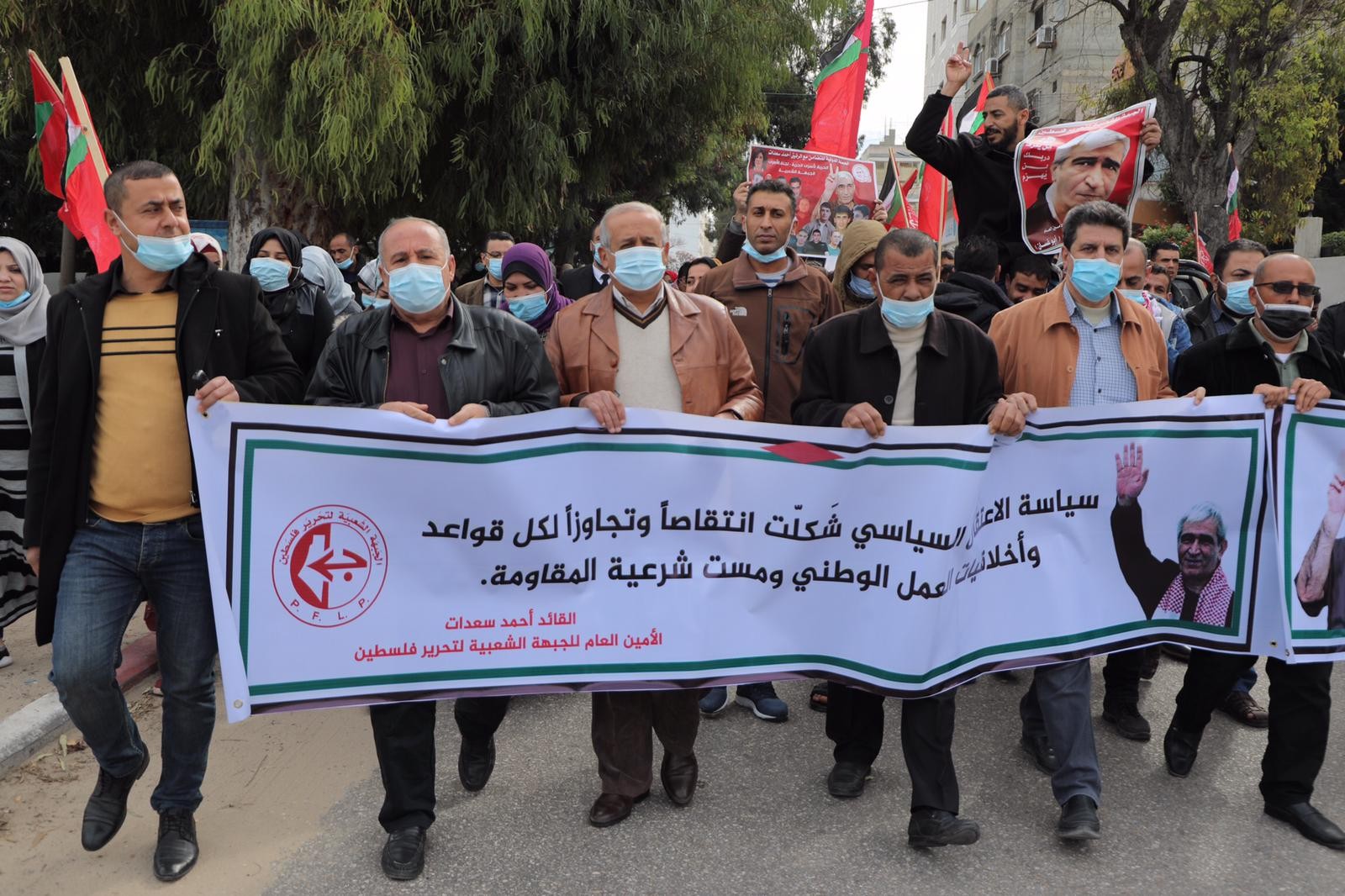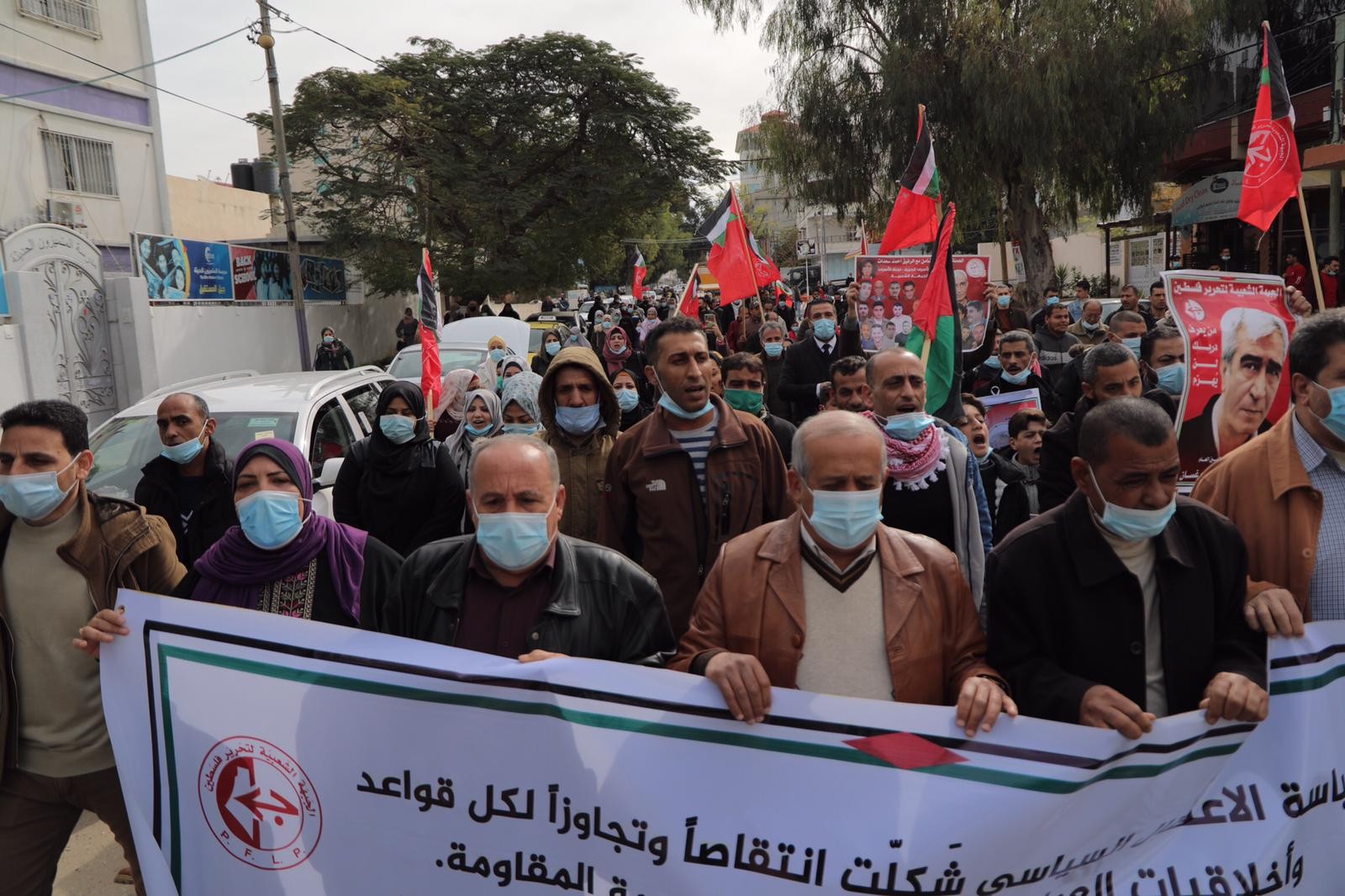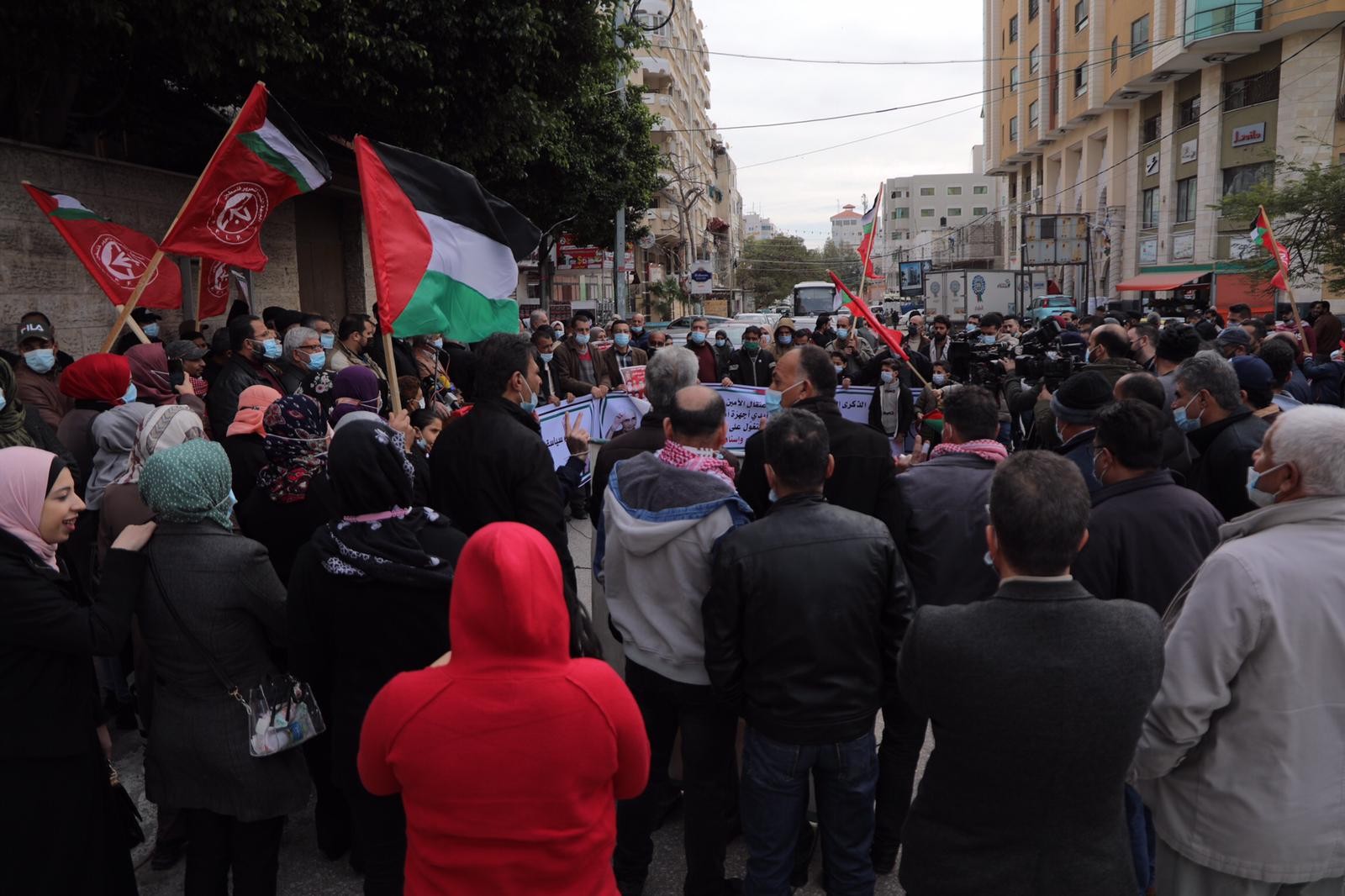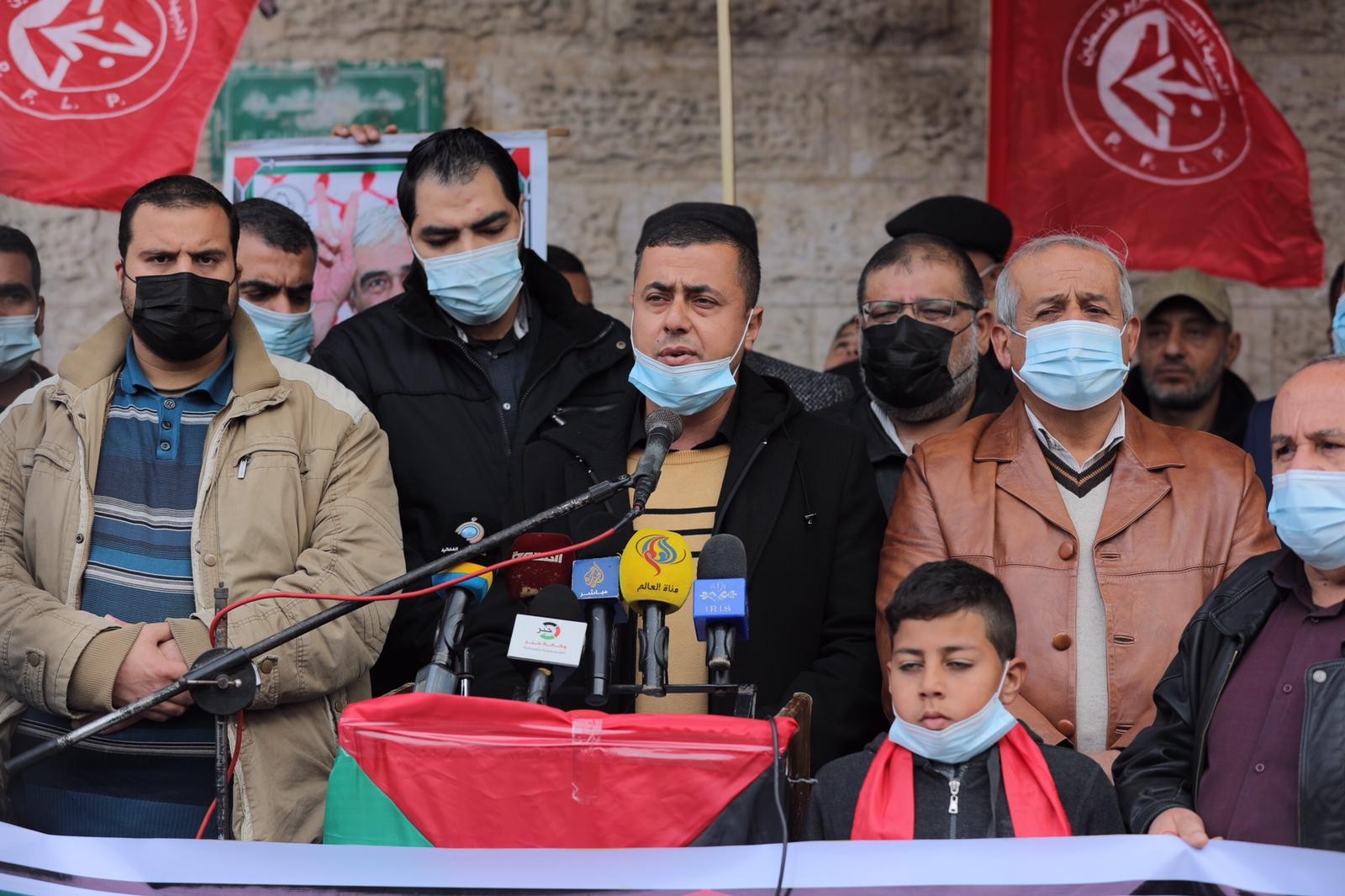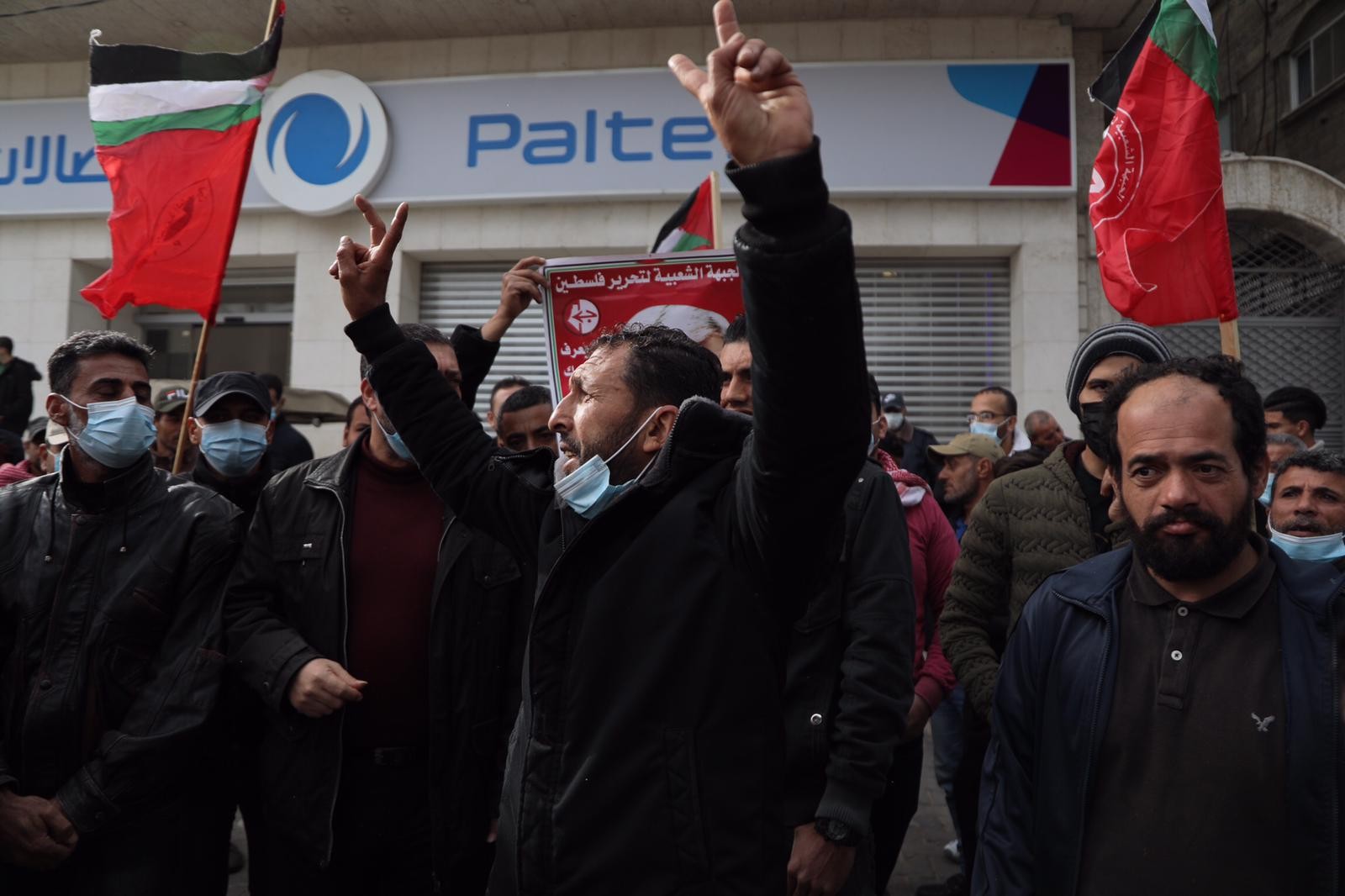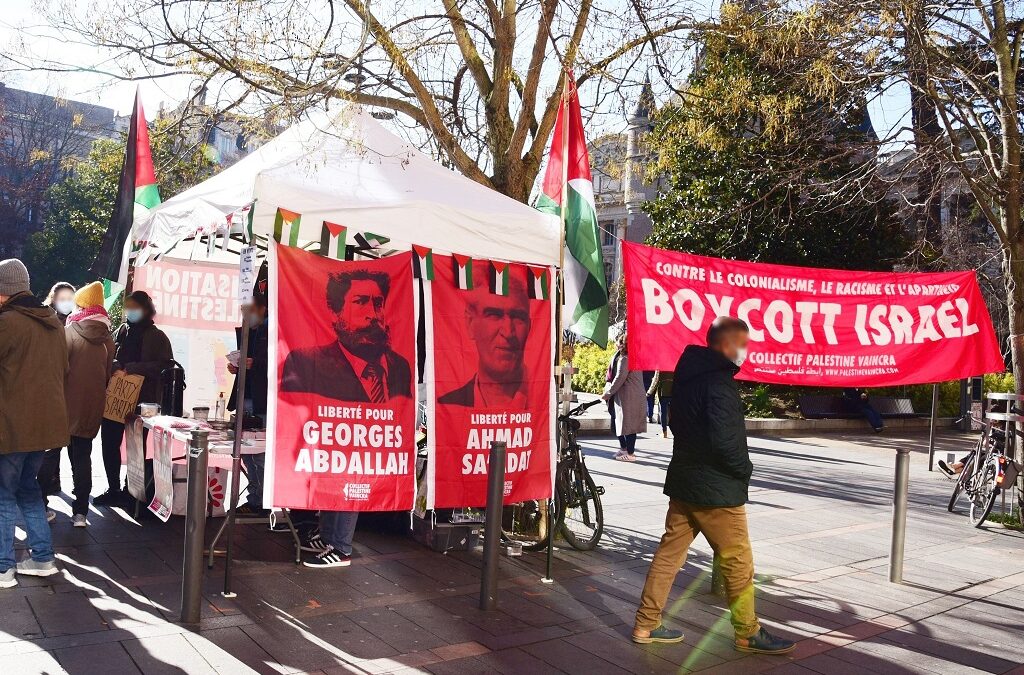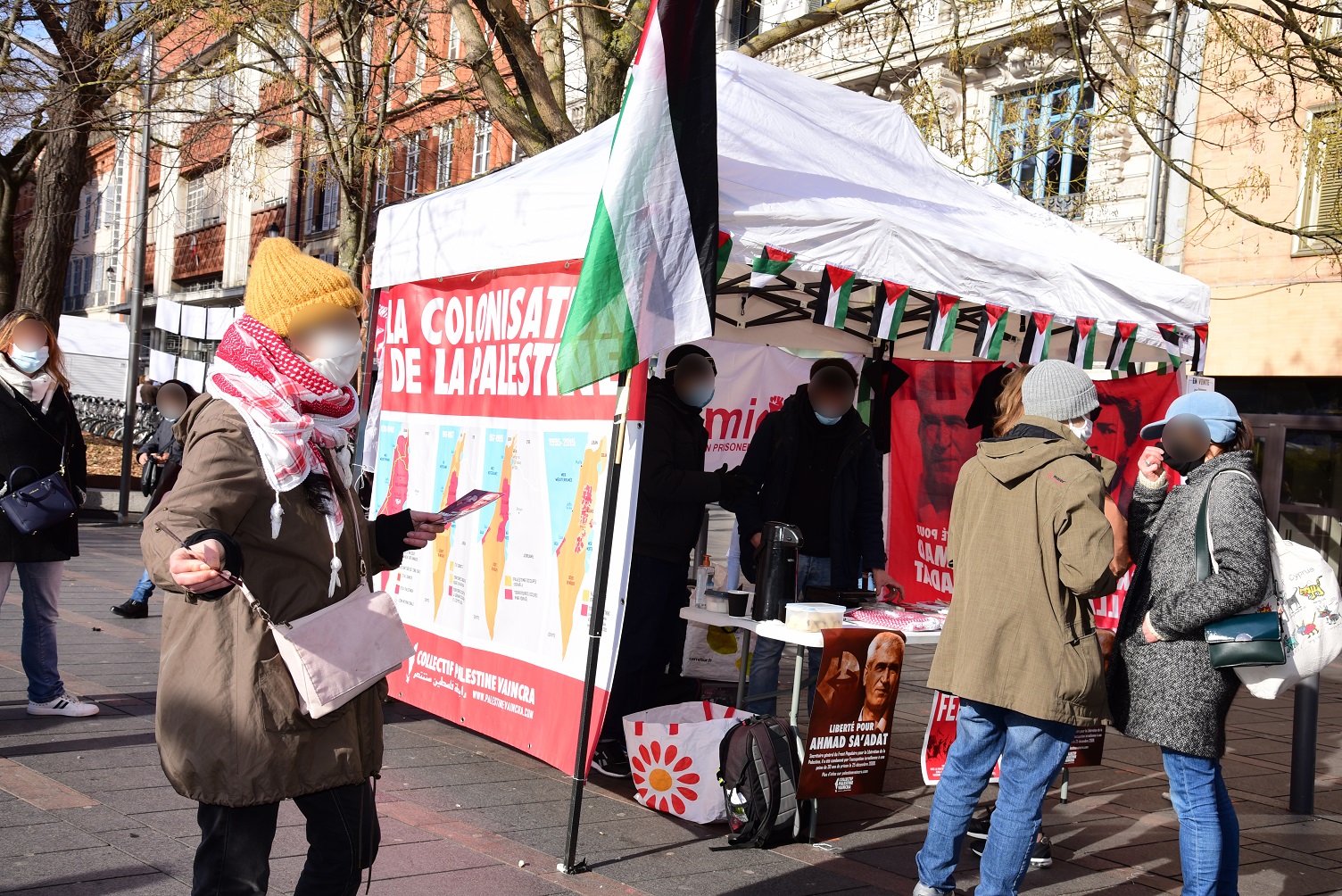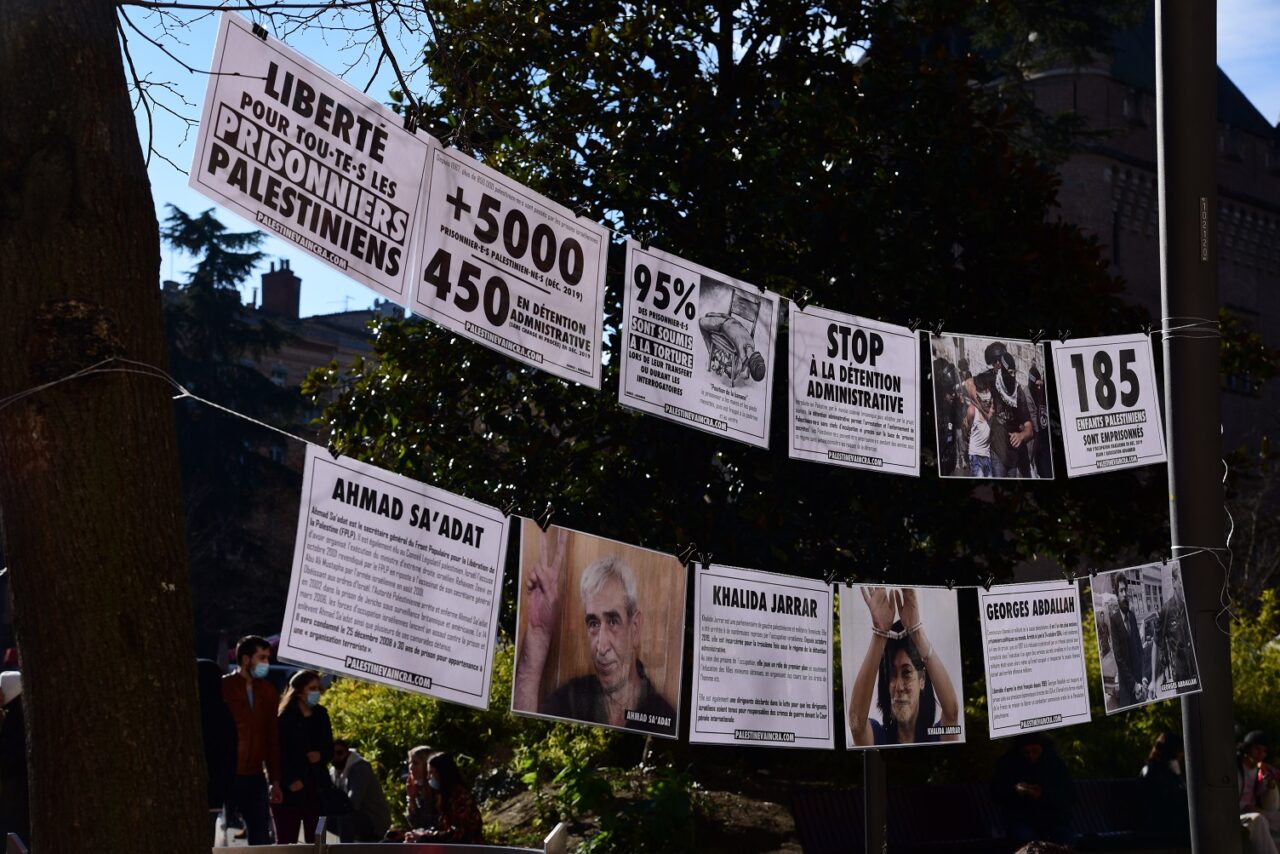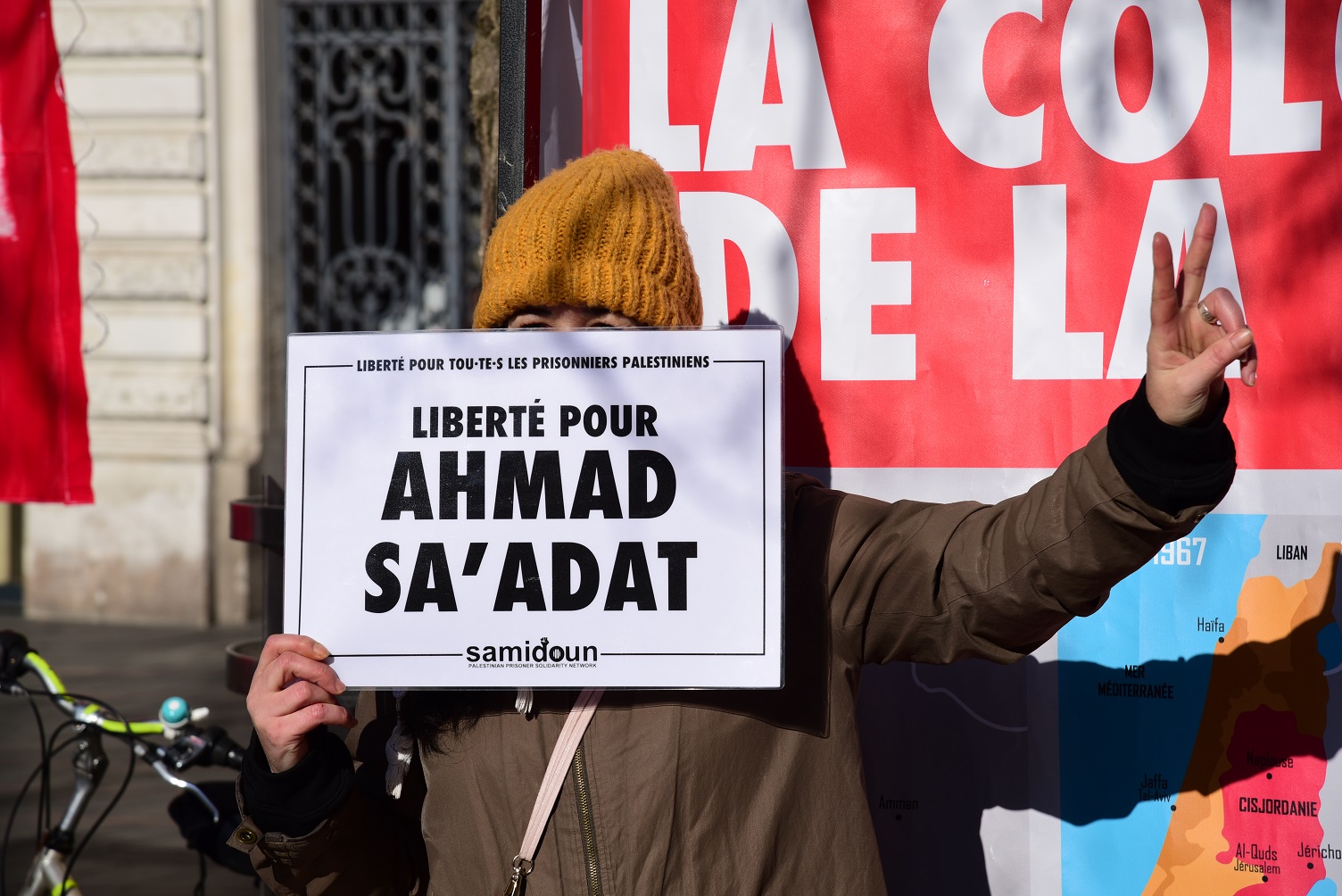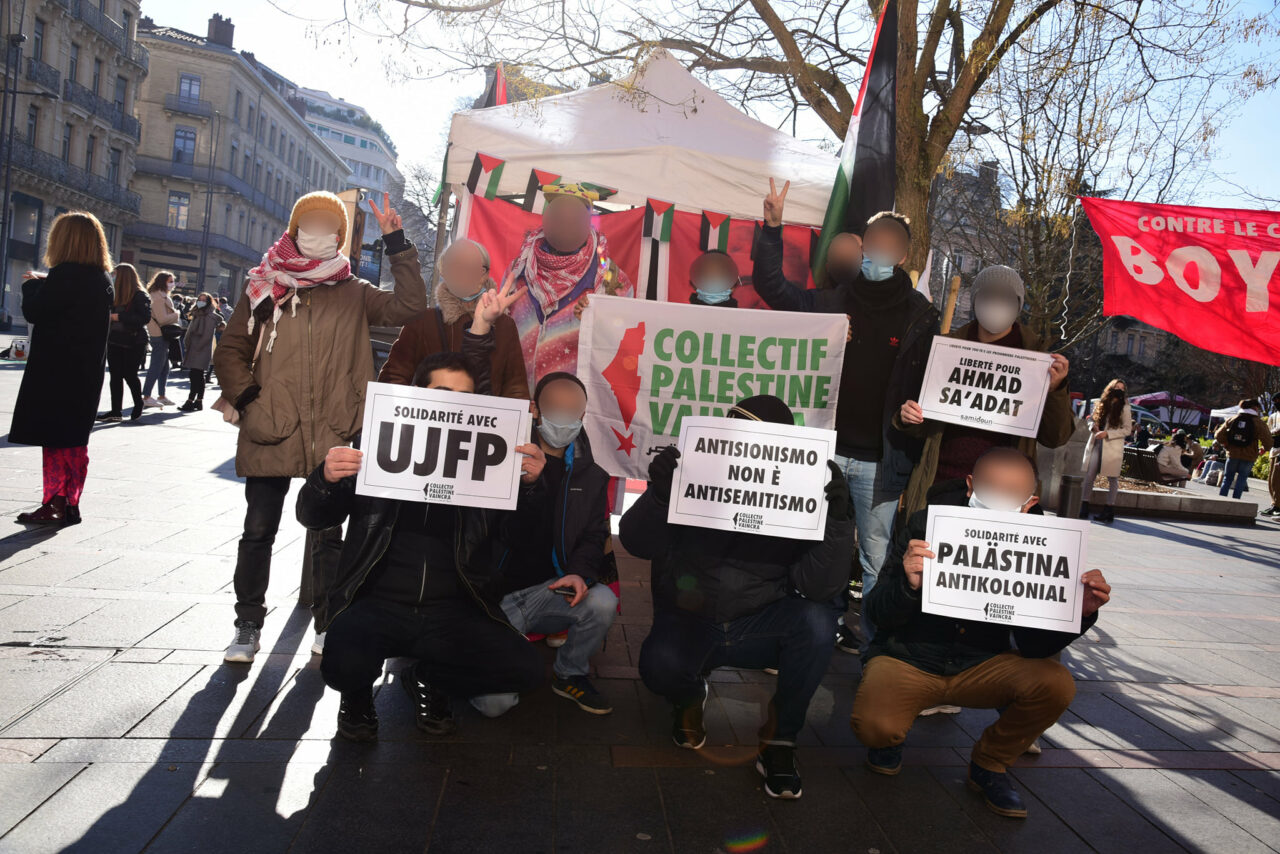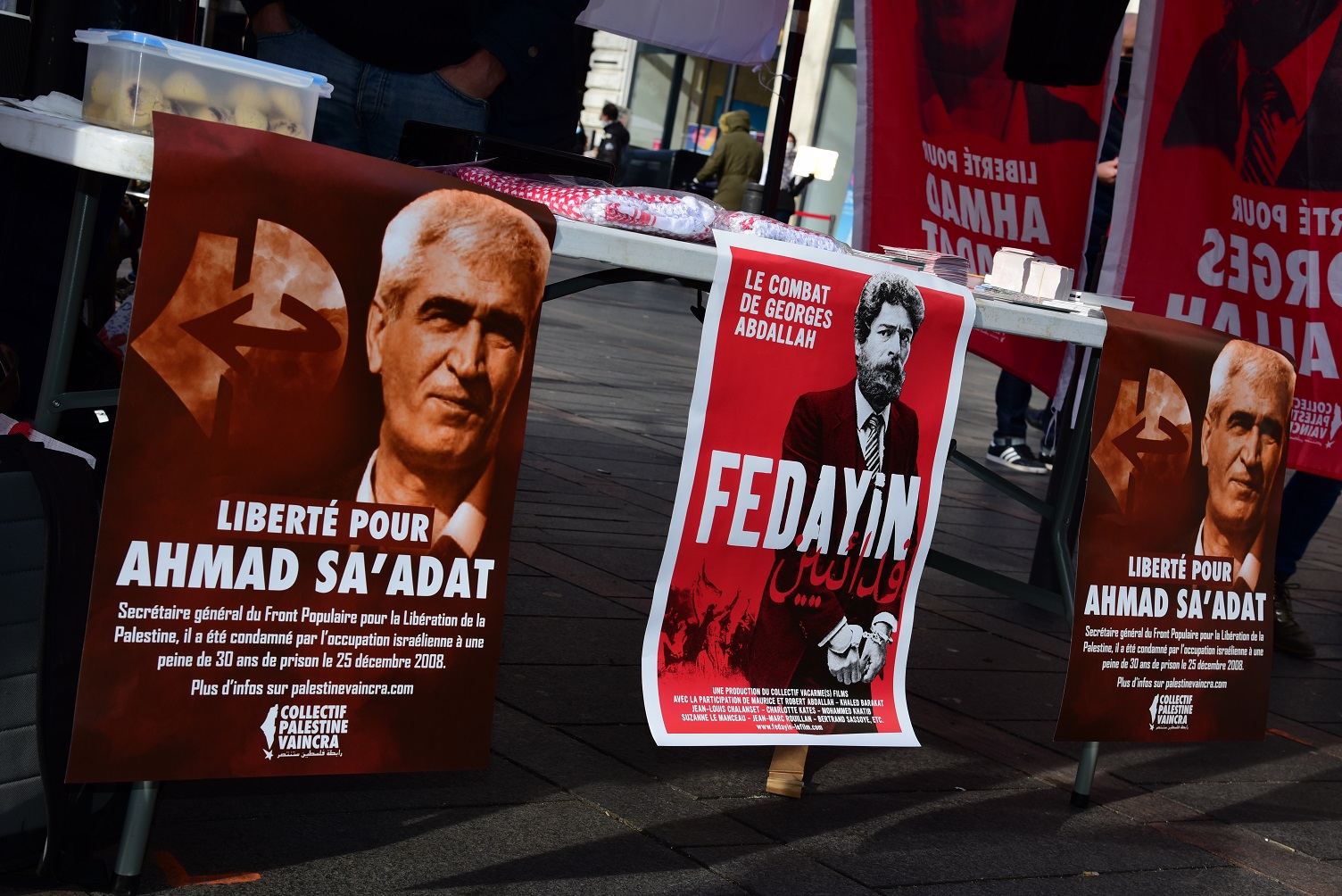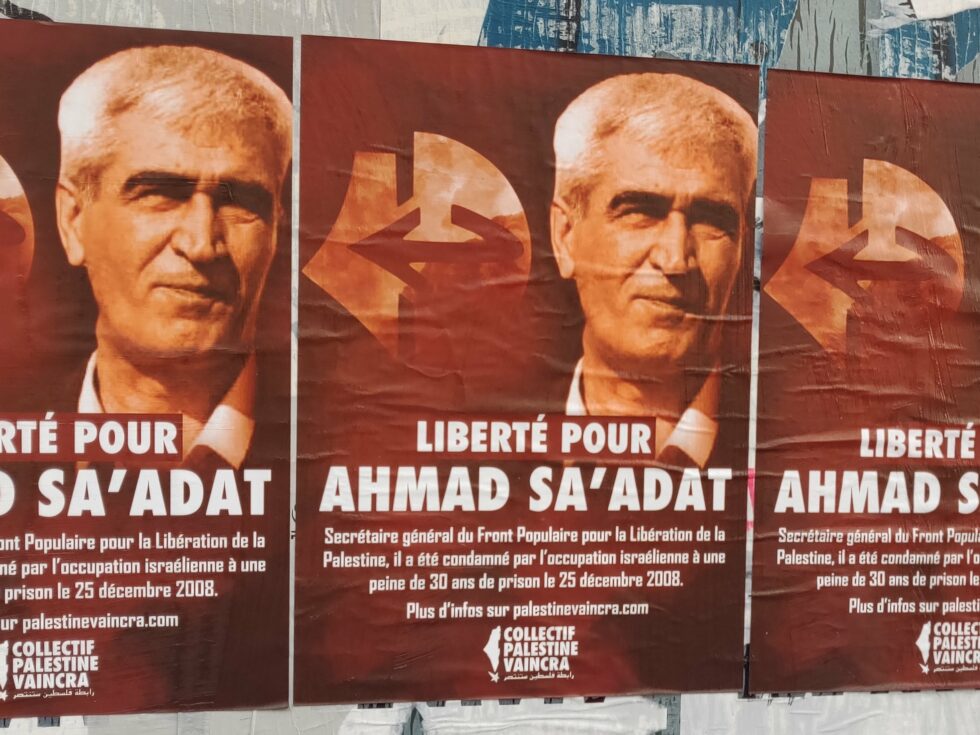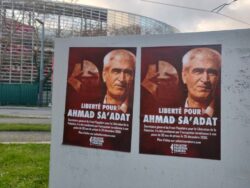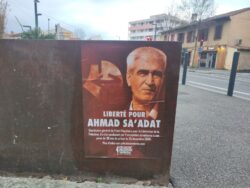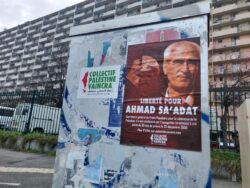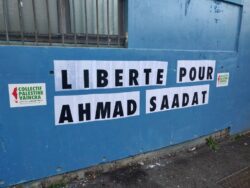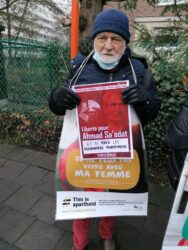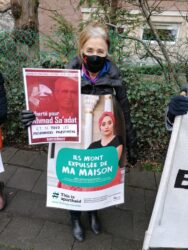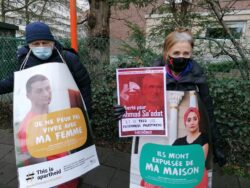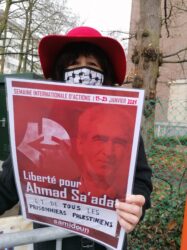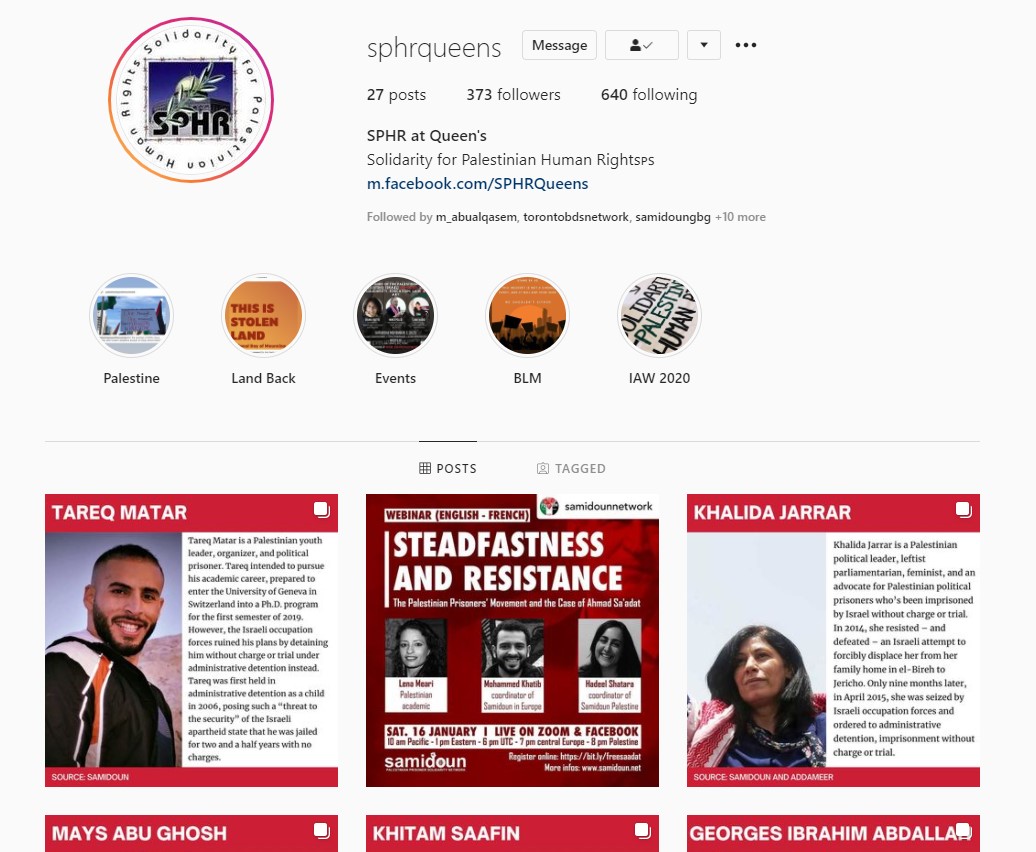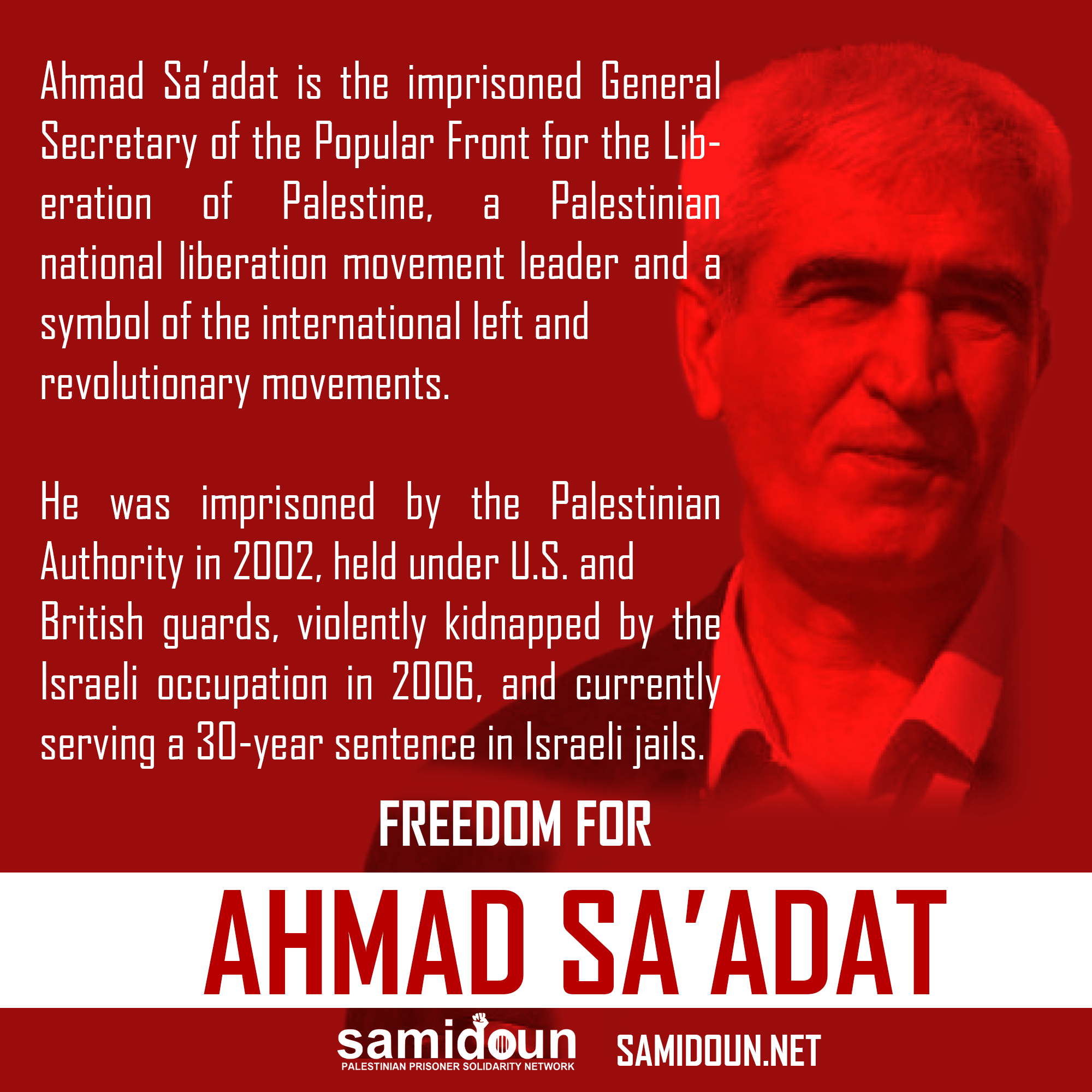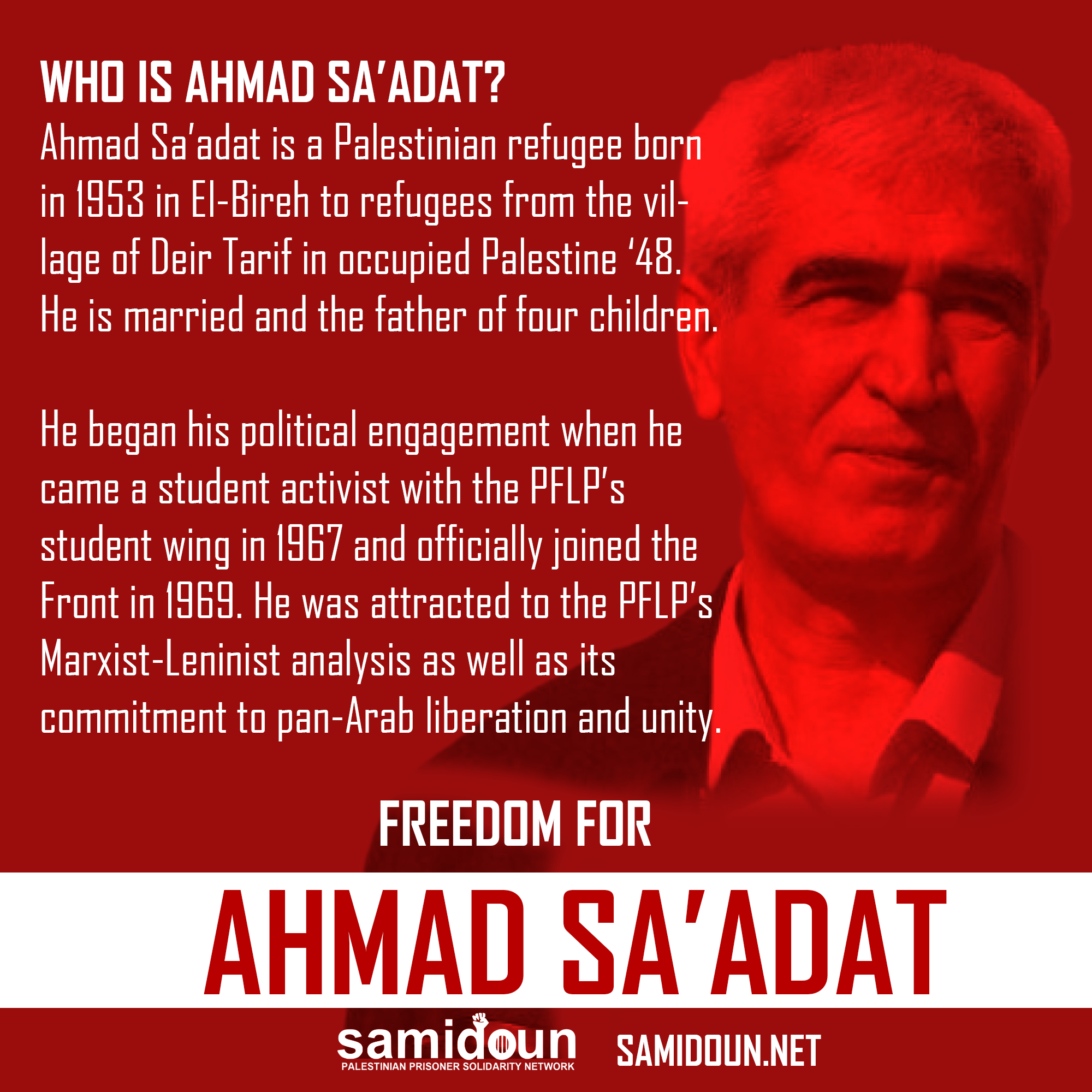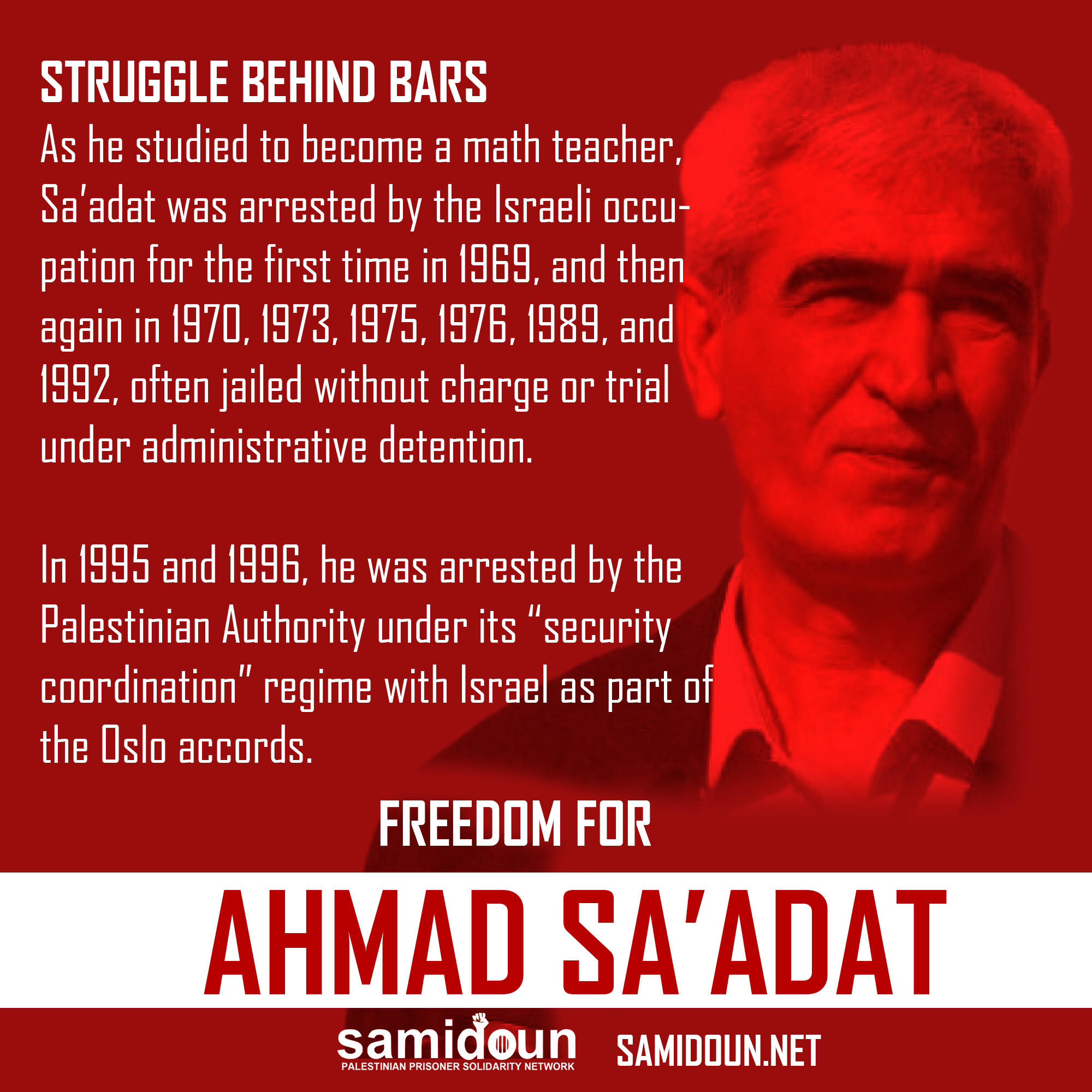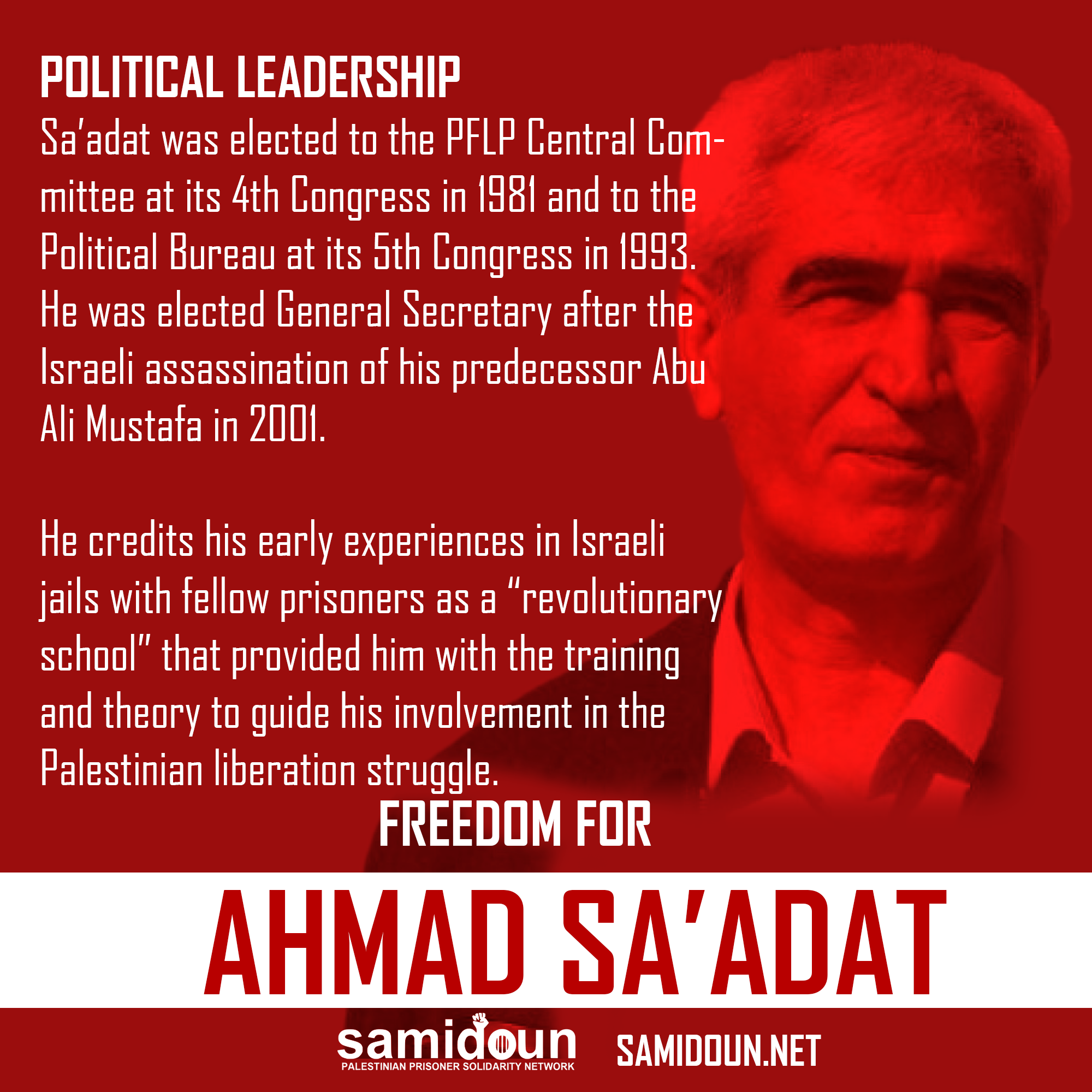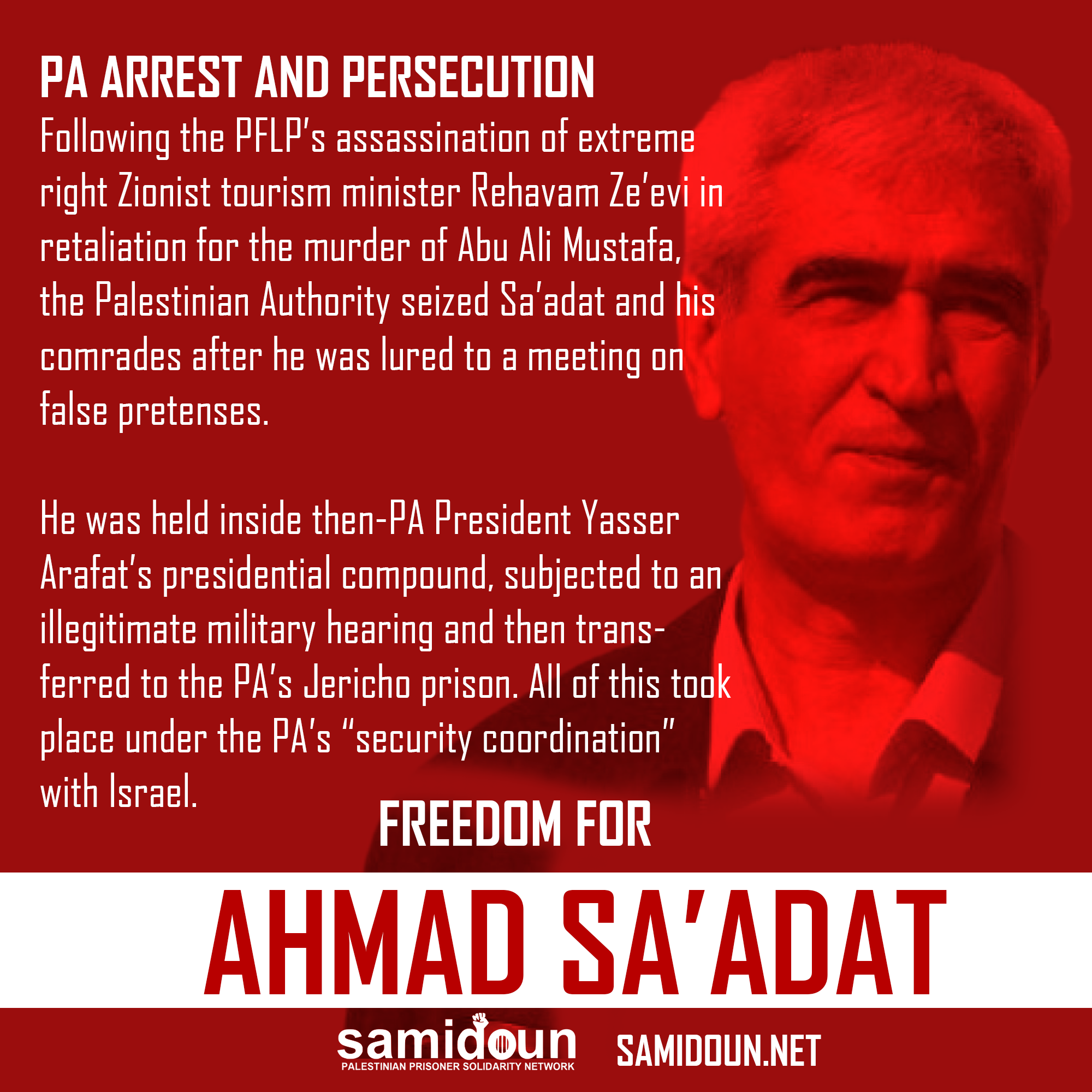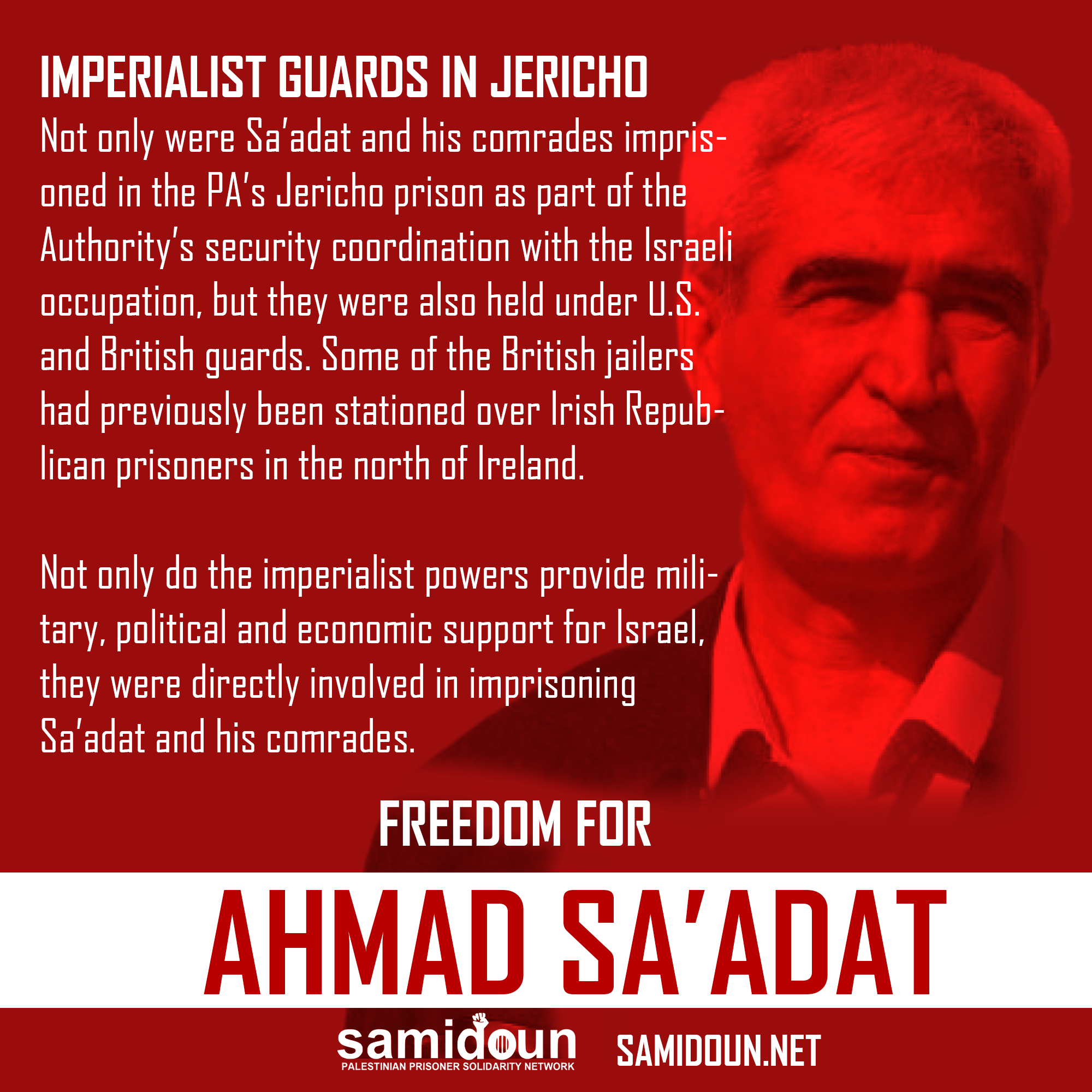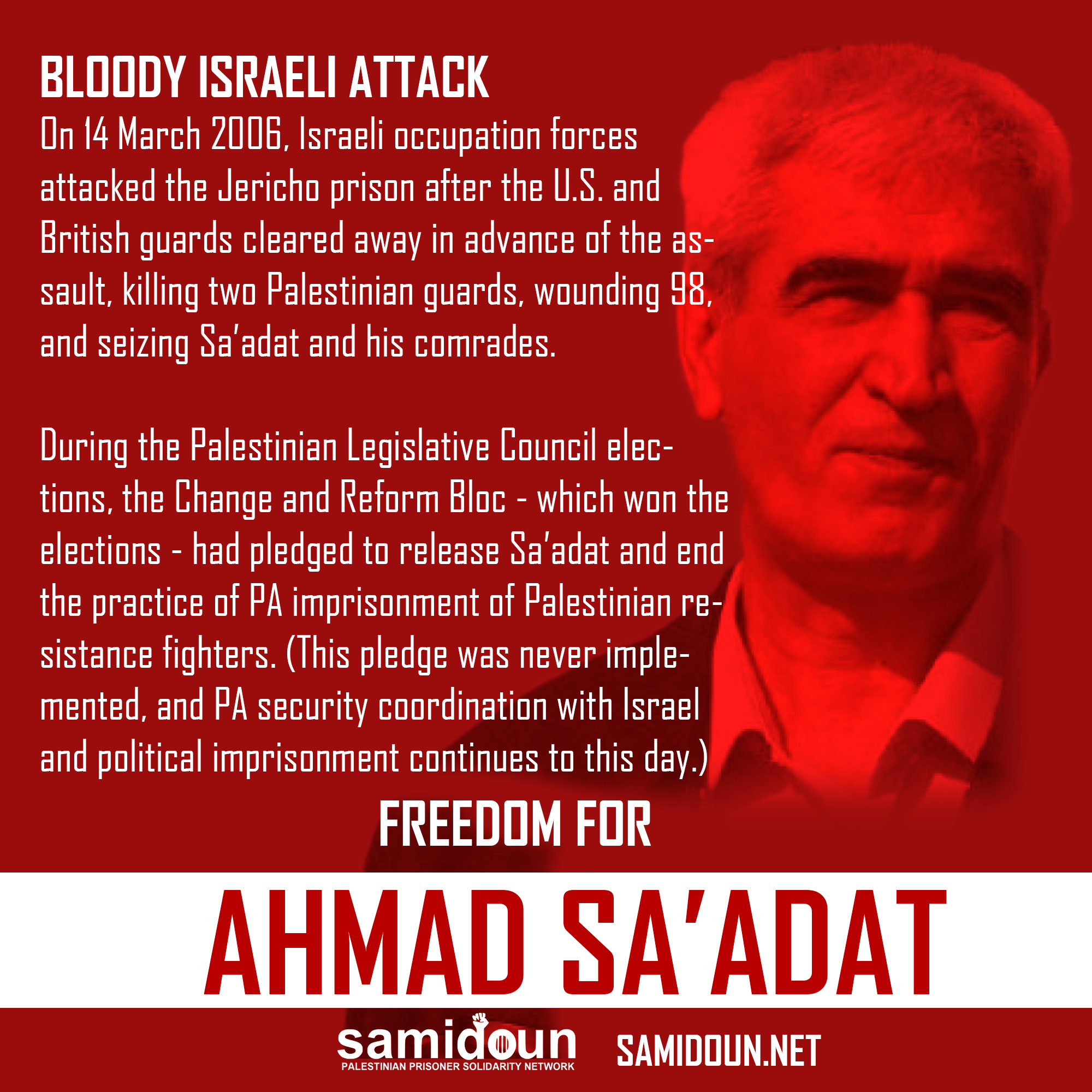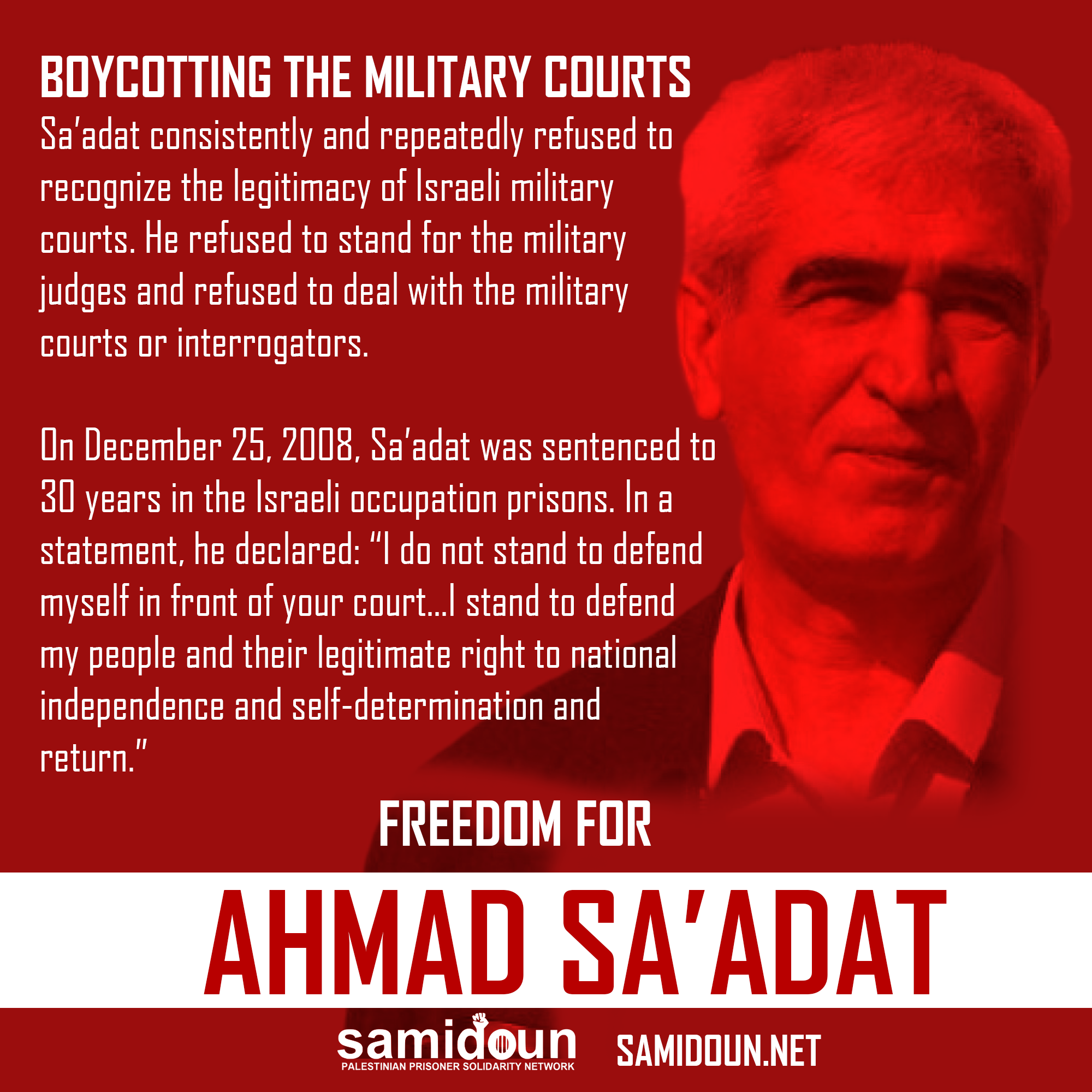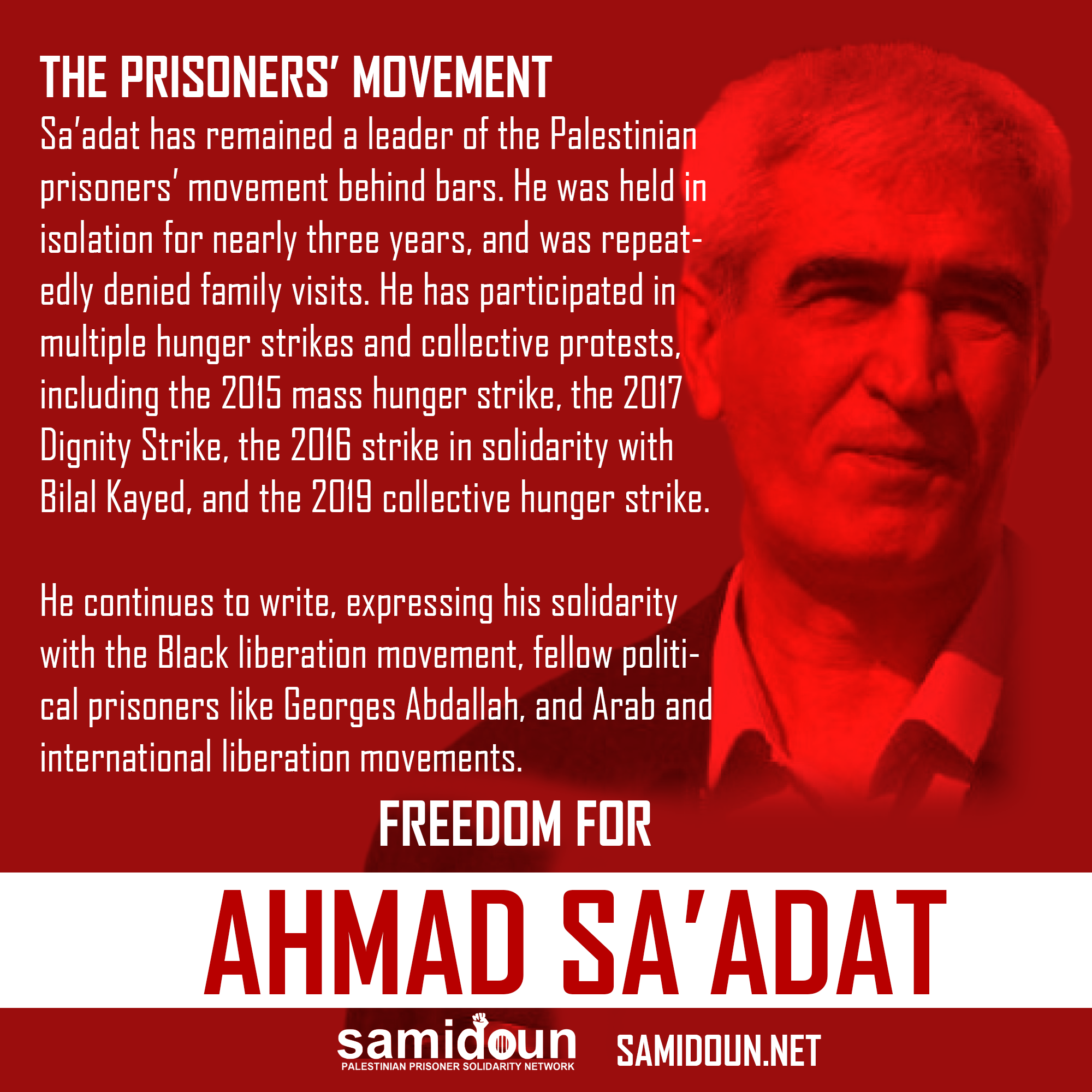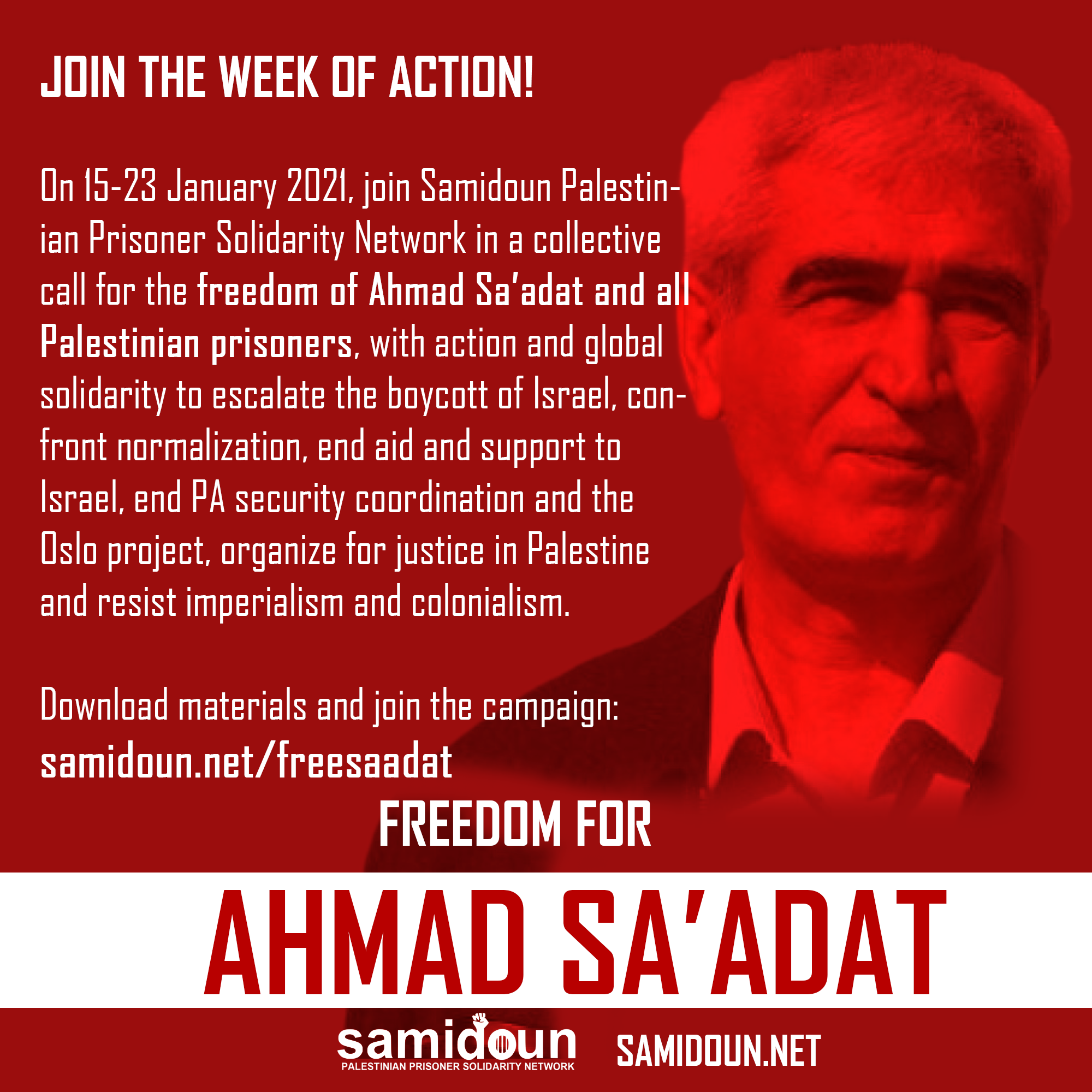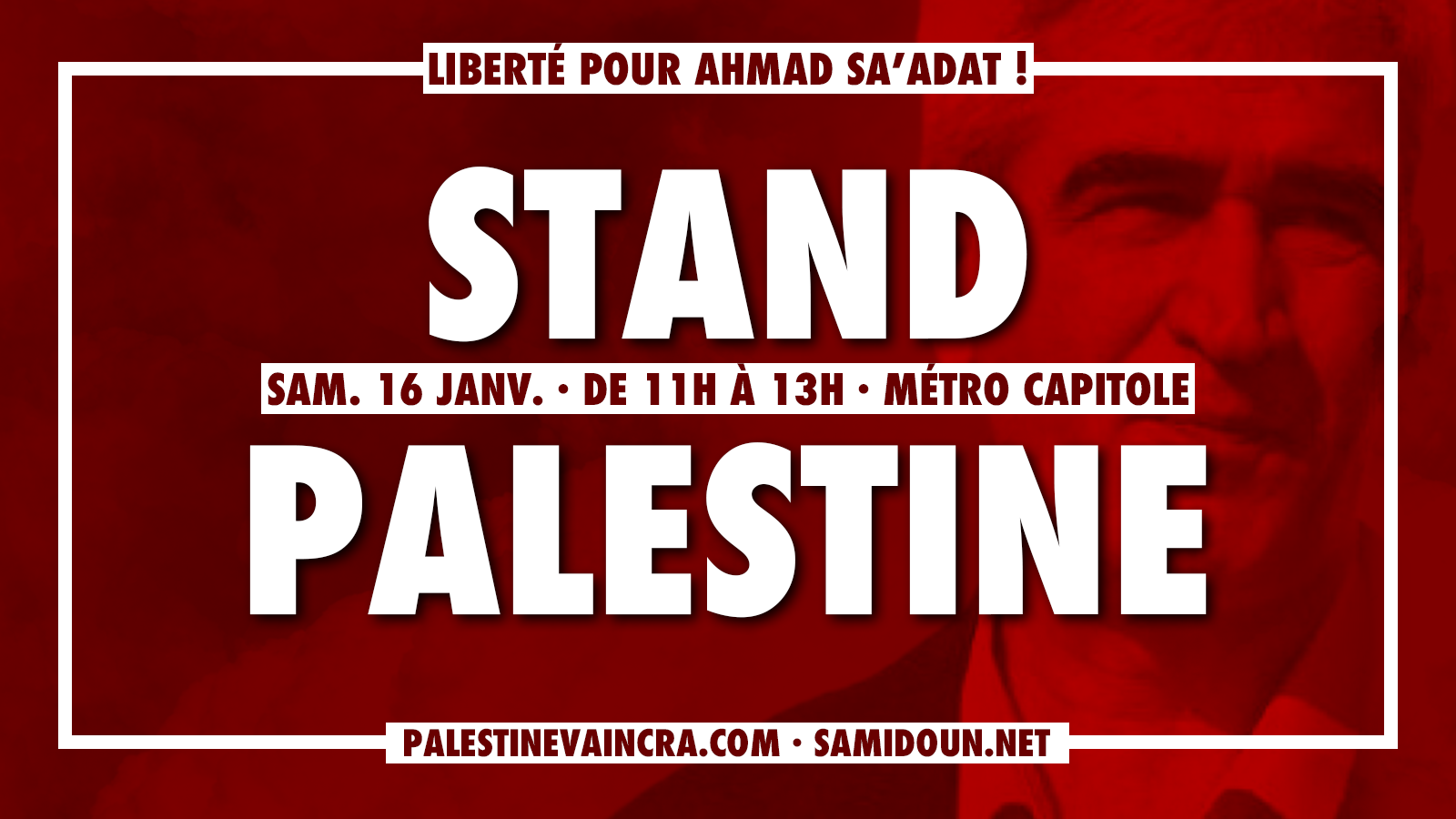 Wednesday, 20 January
Wednesday, 20 January
7:00 pm
US Consulate
Museumplein 19
Amsterdam, Netherlands
Facebook: https://www.facebook.com/events/1657962144376515/
On January 20, Trump must leave the White House for good. His electoral defeat is partly due to years of protests against his politics in the service of billionaires, bankers and generals.
Under the banner of Black Lives Matter, Women’s marches and many alliances, the American people formed a fist against exploitation and oppression that reached new heights under the Trump regime.
Their activism shows that a better world is possible as long as we are willing to fight side by side for it.
The exploitation and oppression of the global population, by American multinationals and the state that serves its interests, will unfortunately not end under Biden.
For example, Biden has declared himself a staunch ally of the Israeli apartheid state and under his rule, the US will continue to fund Israeli crimes by the billions.
Also, under the leadership of Biden and Harris, US support for human rights abusive regimes around the world, such as governments in Turkey and the Philippines, will not end.
It is therefore of the utmost importance to continue our common struggle.
Together we can put an end to the impending climate catastrophe, the crises inevitable under capitalism and the ever-looming new wars.
We say together that Joe Biden and Kamala Harris do not stand for a better world and it is time to let the rest of the Netherlands know.
A world free from exploitation and oppression will only be the result of the concerted struggle of truly progressive forces.
That is why we are making a stand together in front of the American consulate in the Netherlands on 20 January.
Because we want to end America’s political, economic, and military domination, both in our own country and around the world.
Save the climate!
Save humanity from impending war and crisis!
Together for a world free from exploitation and oppression!
United against Biden and US Imperialism!
Supporting organizations:
– Dekolonisatie Netwerk voormalig Nederlands Indië
– Palestijnse gemeenschap in Nederland
– Samidoun, Palestijnse Gevangenen Solidariteitsnetwerk
– Revolutionaire Eenheid
– Partizan
– Migrante, global alliance of overseas Filipinos
– Left Laser
– Strijd Tegen Racisme
– Vrije bond Amsterdam
Our protest takes place during the peak of the second wave. We do not want to burden healthcare any further. So stay home if you have the flu or symptoms and try to avoid public transport as much as possible. Wear a mouth mask and keep your distance during the protest. We will facilitate a safe one and a half meter protest on the Museumplein.
The demonstration can also be followed via the livestream.
Does your organization also support the call? Fill out the form here:
https://forms.gle/gqGR3LAsoJBBF58y6
**
20 januari dient Trump het Witte Huis definitief te verlaten. Zijn verkiezingsnederlaag is mede te danken aan de jarenlange protesten tegen zijn politiek ten diensten van miljardairs, bankiers en generaals.
Onder de vlag van ‘Black Lives Matter’, Women’s marches en vele vakbonden vormde de Amerikaanse bevolking een vuist tegen uitbuiting en onderdrukking die onder het Trump regime nieuwe hoogtepunten aannam.
Hun activisme toont aan dat een betere wereld mogelijk is, zolang wij bereid zijn om daar zij aan zij voor te vechten.
De uitbuiting en onderdrukking van de wereldwijde bevolking, door Amerikaanse multinationals en de staat die haar belangen dient, zal onder Biden helaas niet beëindigen.
Biden heeft bijvoorbeeld verklaart een trouwe bondgenoot van de Israëlische apartheidsstaat te zijn en onder zijn bewind zal de VS Israëlische misdaden met miljarden blijven financieren.
Ook onder leiding van Biden en Harris zal de steun van de VS aan mensenrechten schendende regimes over de hele wereld, zoals regeringen in Turkije en de Filipijnen, niet worden beëindigd.
Het is daarom van het grootste belang om onze gezamenlijke strijd voort te zetten.
Samen kunnen wij een einde maken aan de dreigende klimaat catastrophe, de onder het kapitalisme onvermijdelijke crisissen en de altijd dreigende nieuwe oorlogen.
Wij zeggen samen dat Joe Biden en Kamala Harris niet staan voor een betere wereld en het is tijd om dit aan de rest van Nederland te laten weten.
Een wereld vrij van uitbuiting en onderdrukking zal enkel het resultaat van de gezamenlijke strijd van echte progressieve krachten.
Daarom maken wij op 20 januari samen een vuist voor het Amerikaanse consulaat in Nederland.
Omdat wij een einde willen maken aan de politieke, economische en militaire dominantie van Amerika, zowel in ons eigen land als in de rest van de wereld.
Red het klimaat!
Red de mensheid van dreigende oorlog en crisis!
Samen voor een wereld vrij van uitbuiting en onderdrukking!
Verenigd tegen Biden en het Amerikaans imperialisme!
Ondersteunende organisaties:
– Dekolonisatie Netwerk voormalig Nederlands Indië
– Palestijnse gemeenschap in Nederland
– Samidoun, Palestijnse Gevangenen Solidariteitsnetwerk
– Revolutionaire Eenheid
– Partizan
– Migrante, global alliance of overseas Filipinos
– Left Laser
– Strijd Tegen Racisme
– Vrije bond Amsterdam
Ons protest vindt plaats tijdens de piek van de tweede golf. Wij willen de zorg niet verder belasten. Blijf dus thuis als je griep of symptomen hebt en probeer het openbaar vervoer zo veel mogelijk te vermijden. Draag een mondkapje en houd afstand tijdens het protest. Wij zullen een veilig anderhalvemeter protest op het Museumplein faciliteren.
De demonstratie zal ook via de livestream te volgen zijn.
Ondersteunt jouw organisatie de oproep ook? Vul het formulier hier in:
https://forms.gle/gqGR3LAsoJBBF58y6


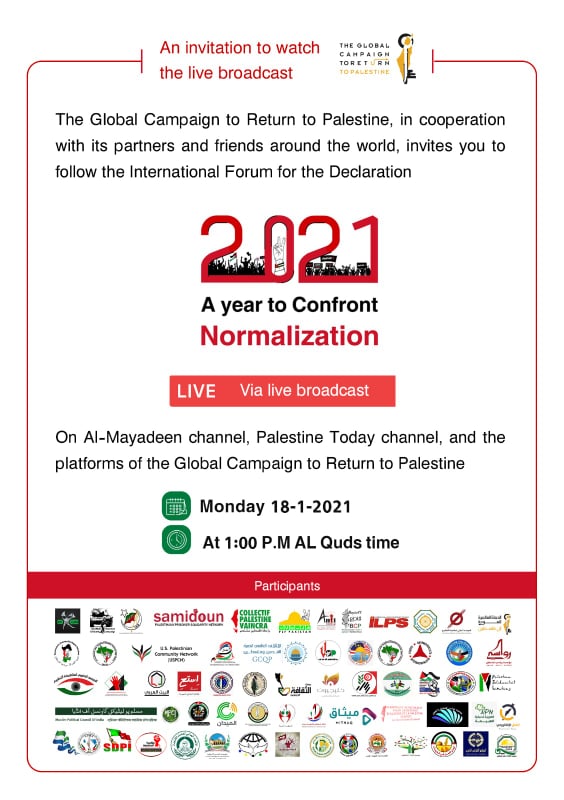 With the participation of international and Arab activists, public figures and personalities the “2021 year to confront normalization” forum will be launched in Gaza tomorrow The Global Campaign for Return to Palestine, in cooperation with 61 partner institutions, is launching the International Forum to launch activities: “2021, year to confront normalization”, with the participation of international and Arab activists. The forum will be held in the besieged Gaza Strip, on Monday 18 – 01 -2021 at 1:00 pm Al Quds Time.
With the participation of international and Arab activists, public figures and personalities the “2021 year to confront normalization” forum will be launched in Gaza tomorrow The Global Campaign for Return to Palestine, in cooperation with 61 partner institutions, is launching the International Forum to launch activities: “2021, year to confront normalization”, with the participation of international and Arab activists. The forum will be held in the besieged Gaza Strip, on Monday 18 – 01 -2021 at 1:00 pm Al Quds Time. 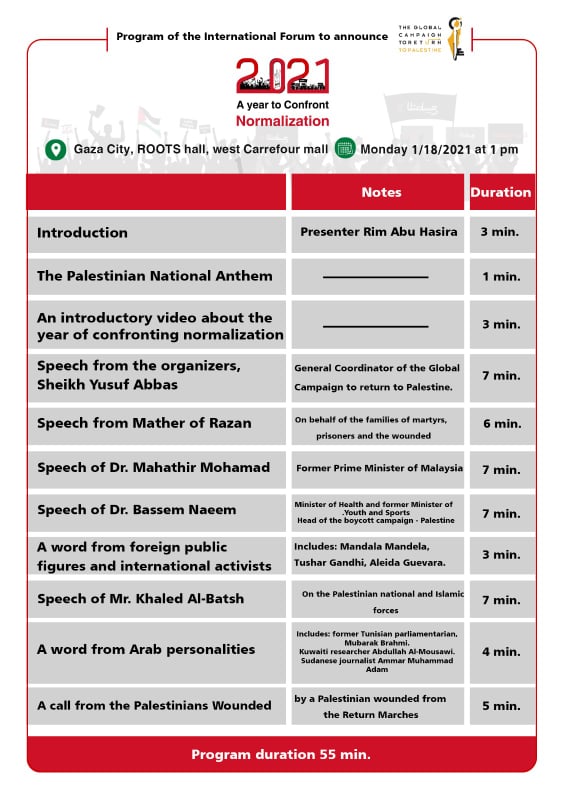
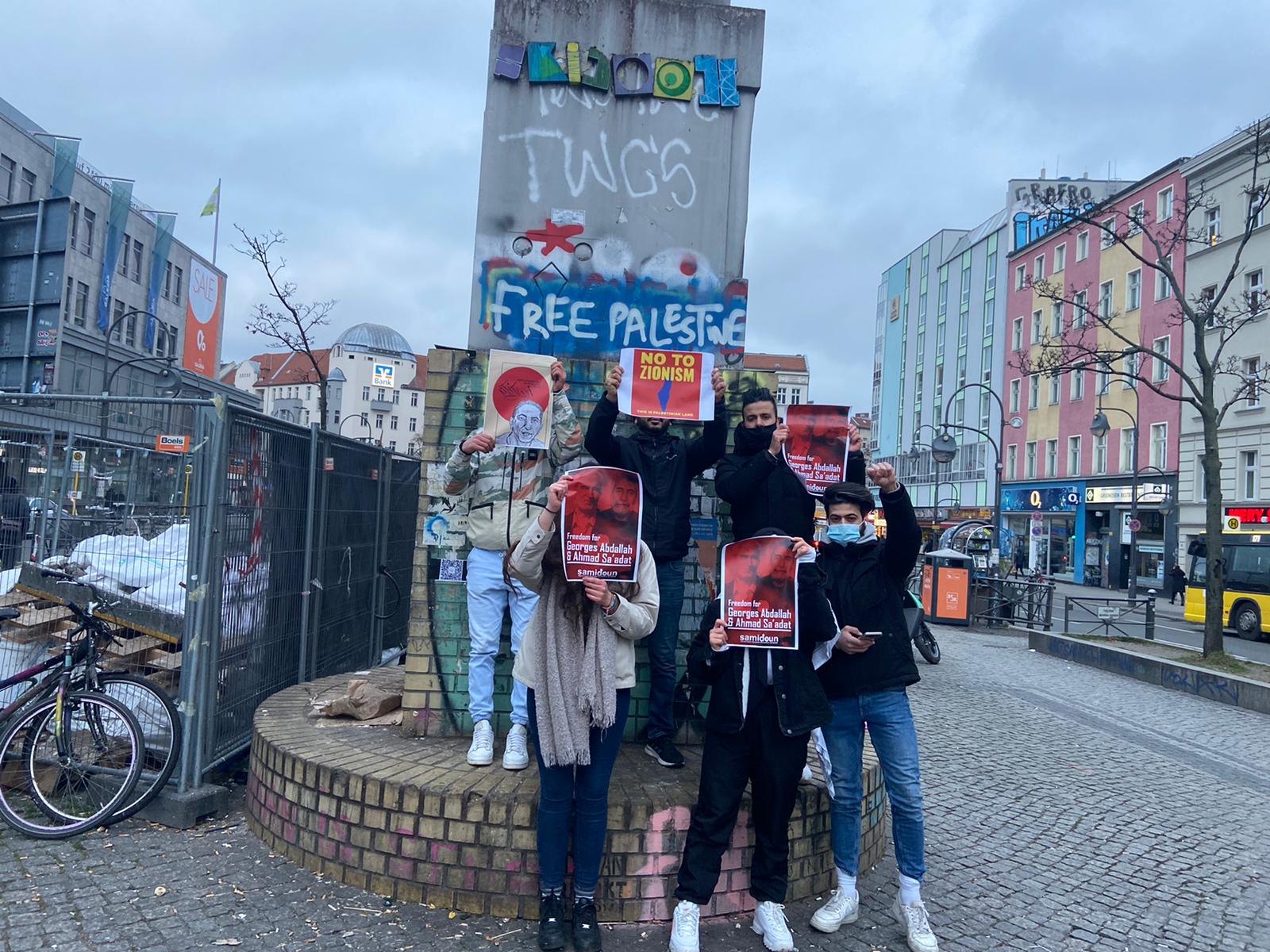
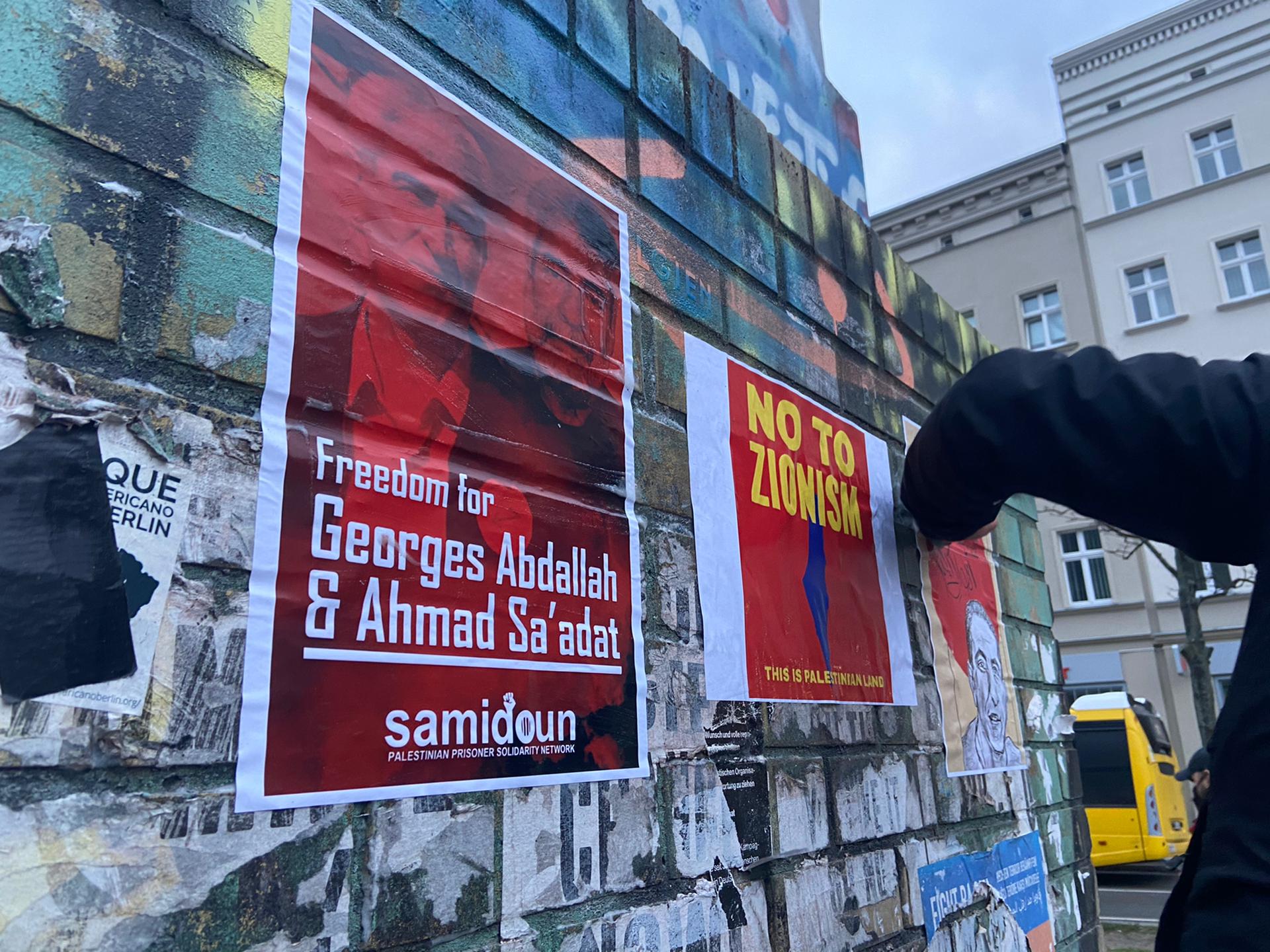
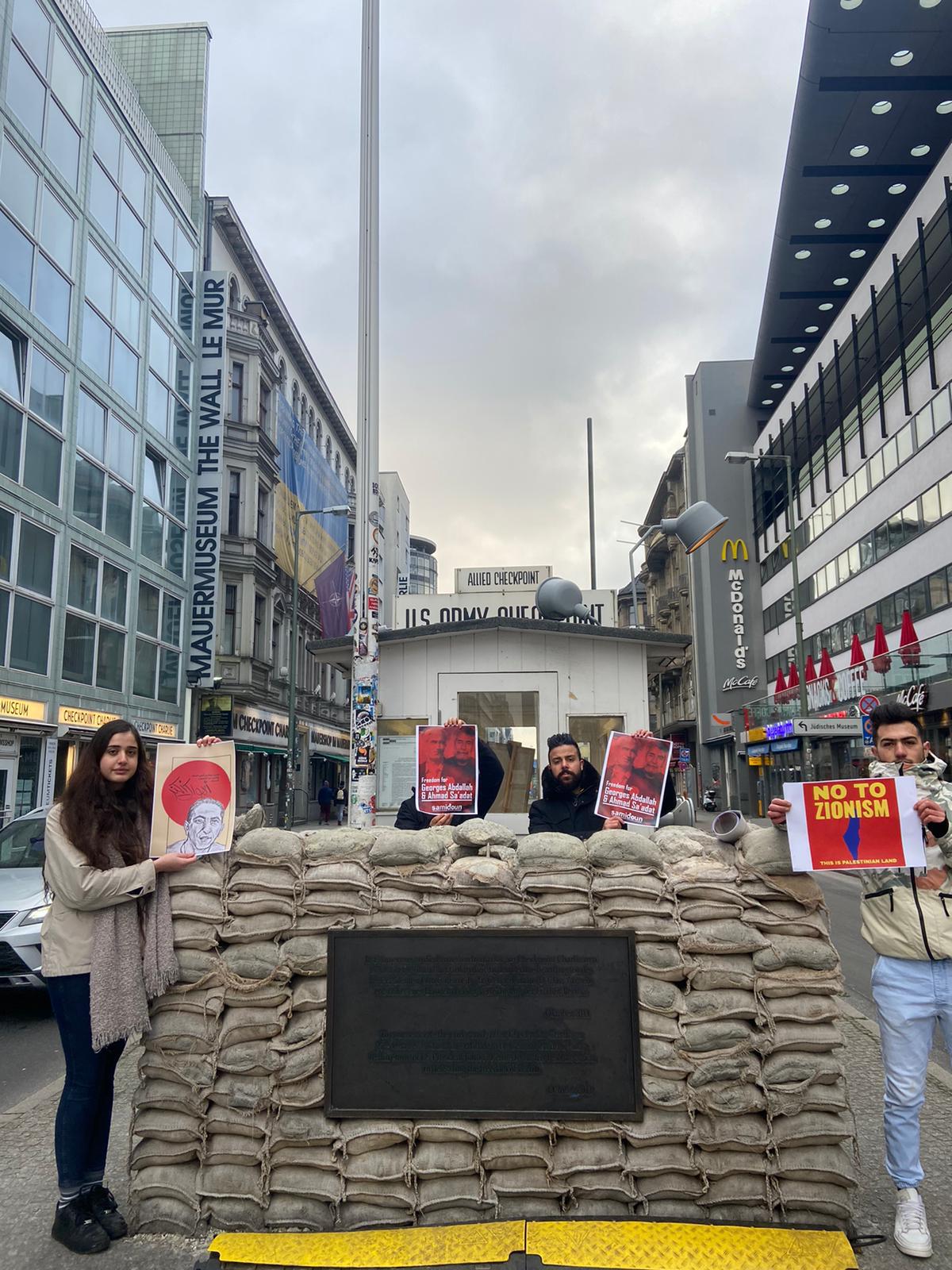
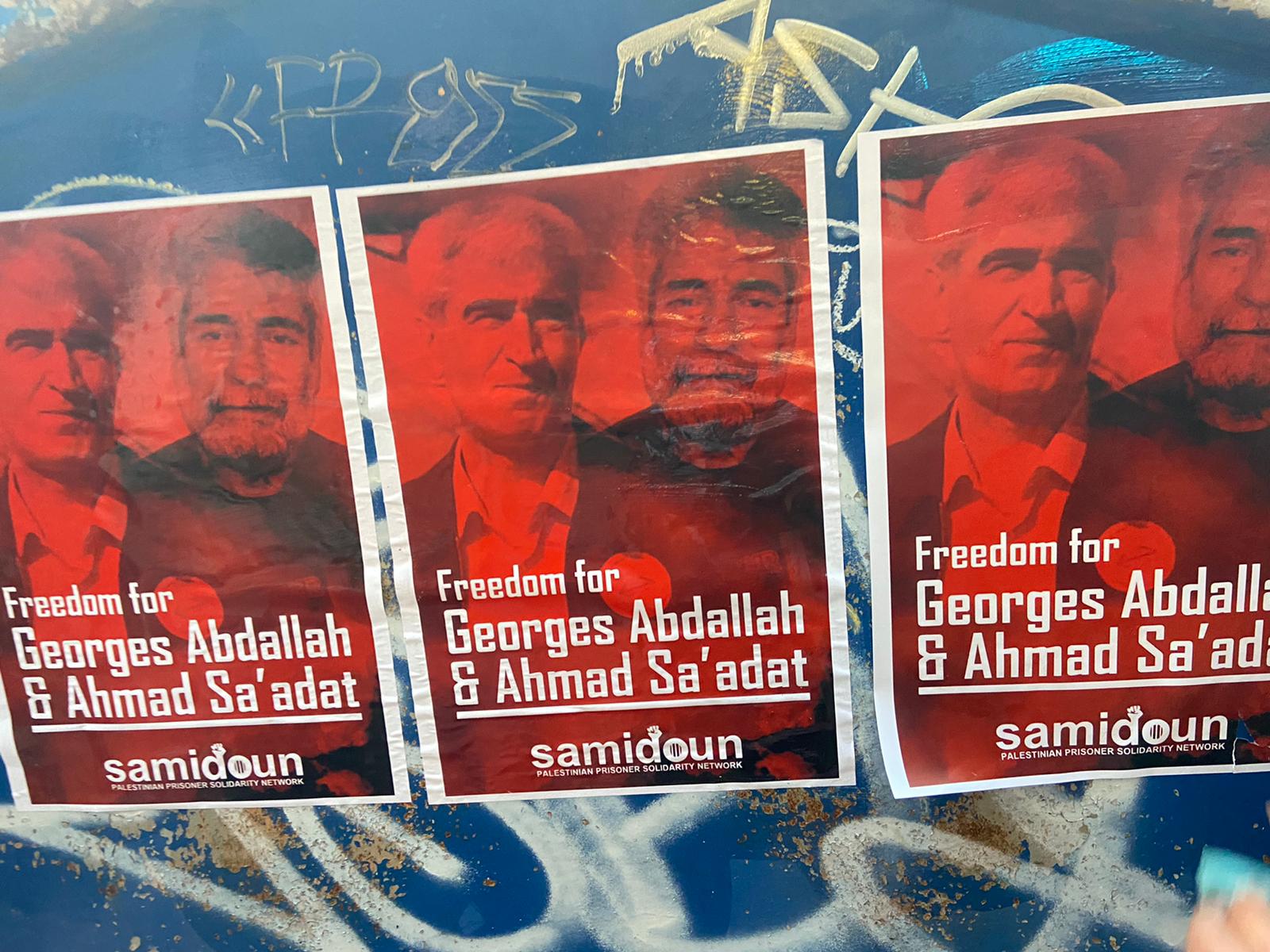
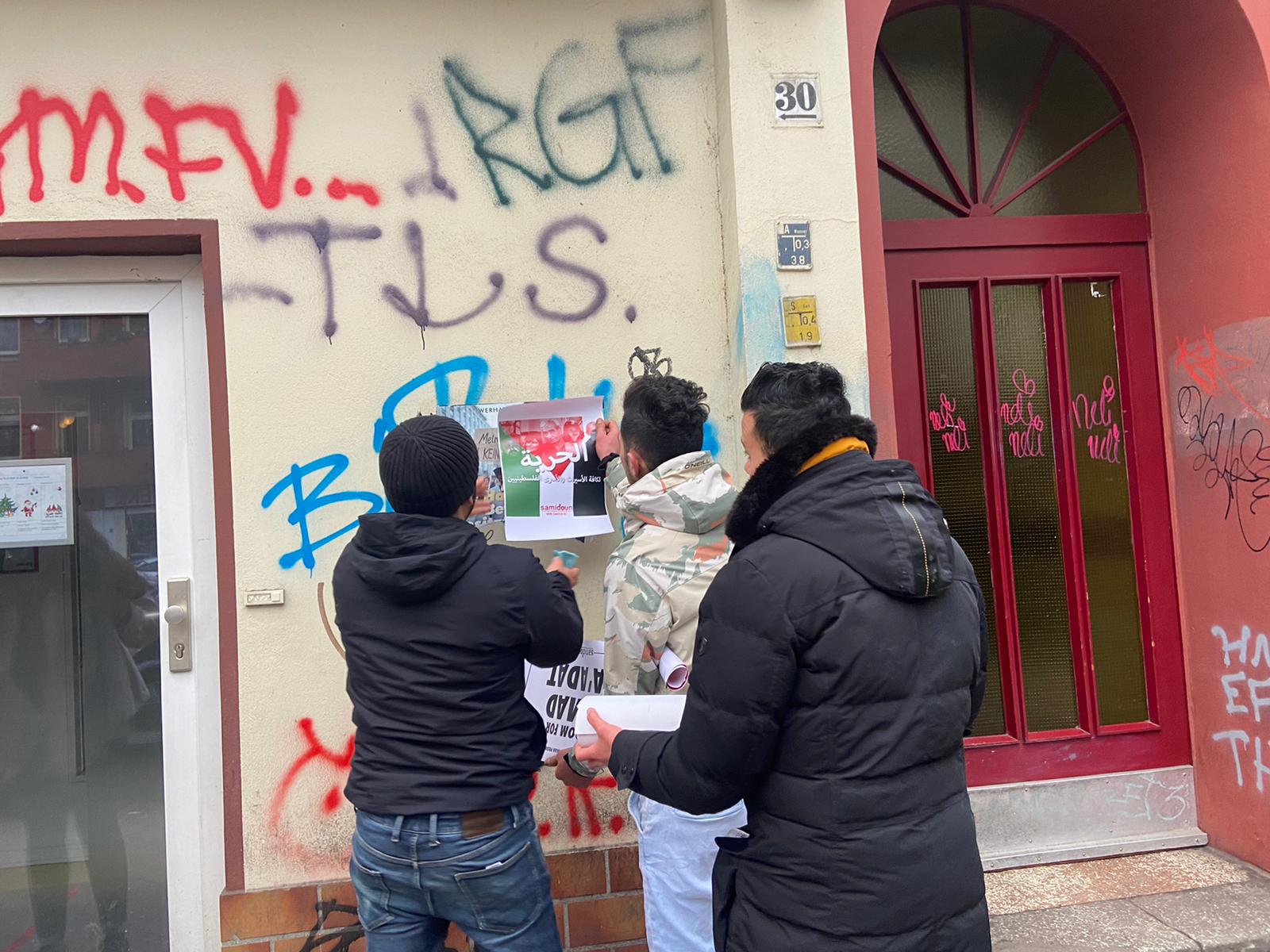
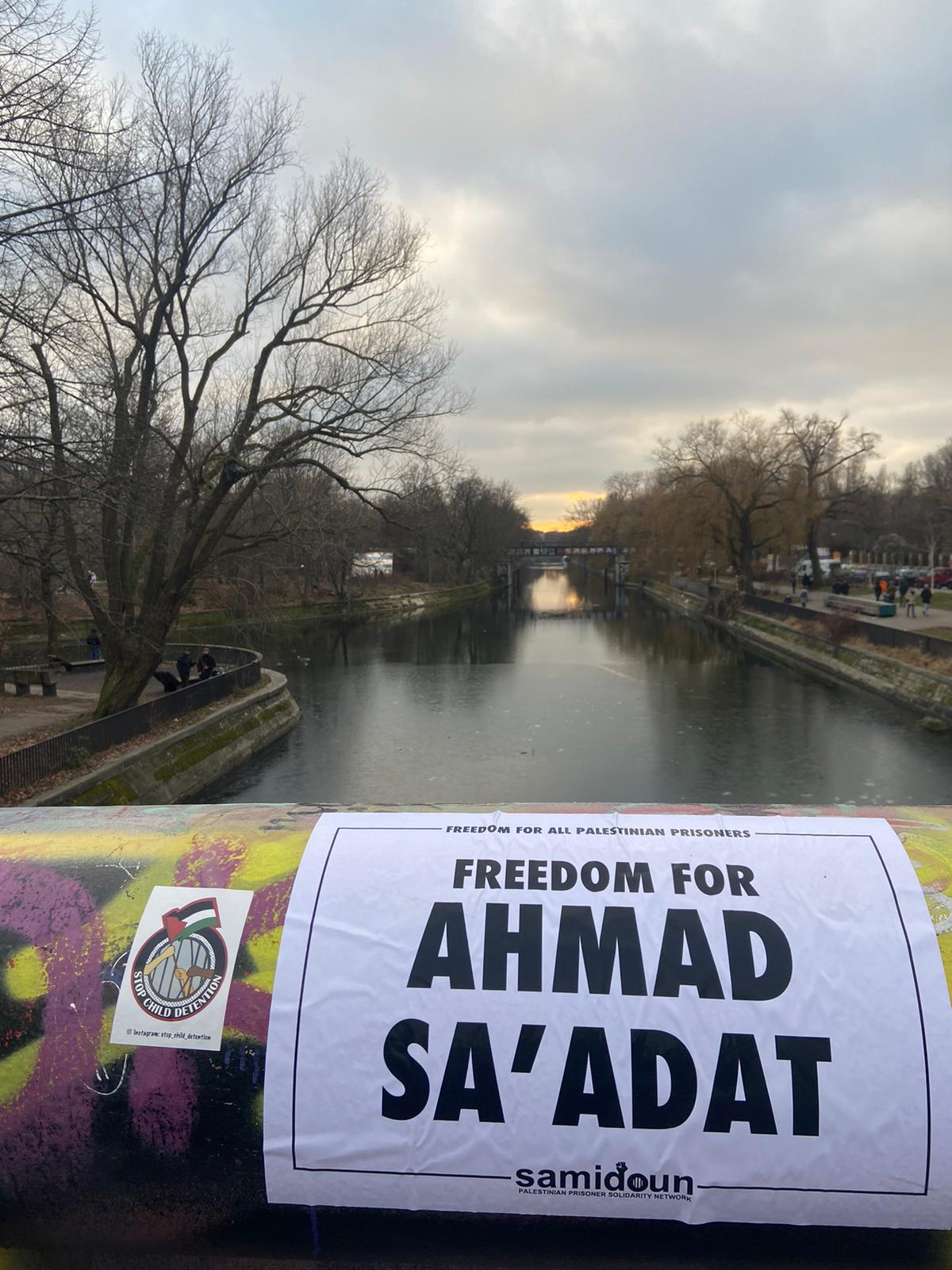
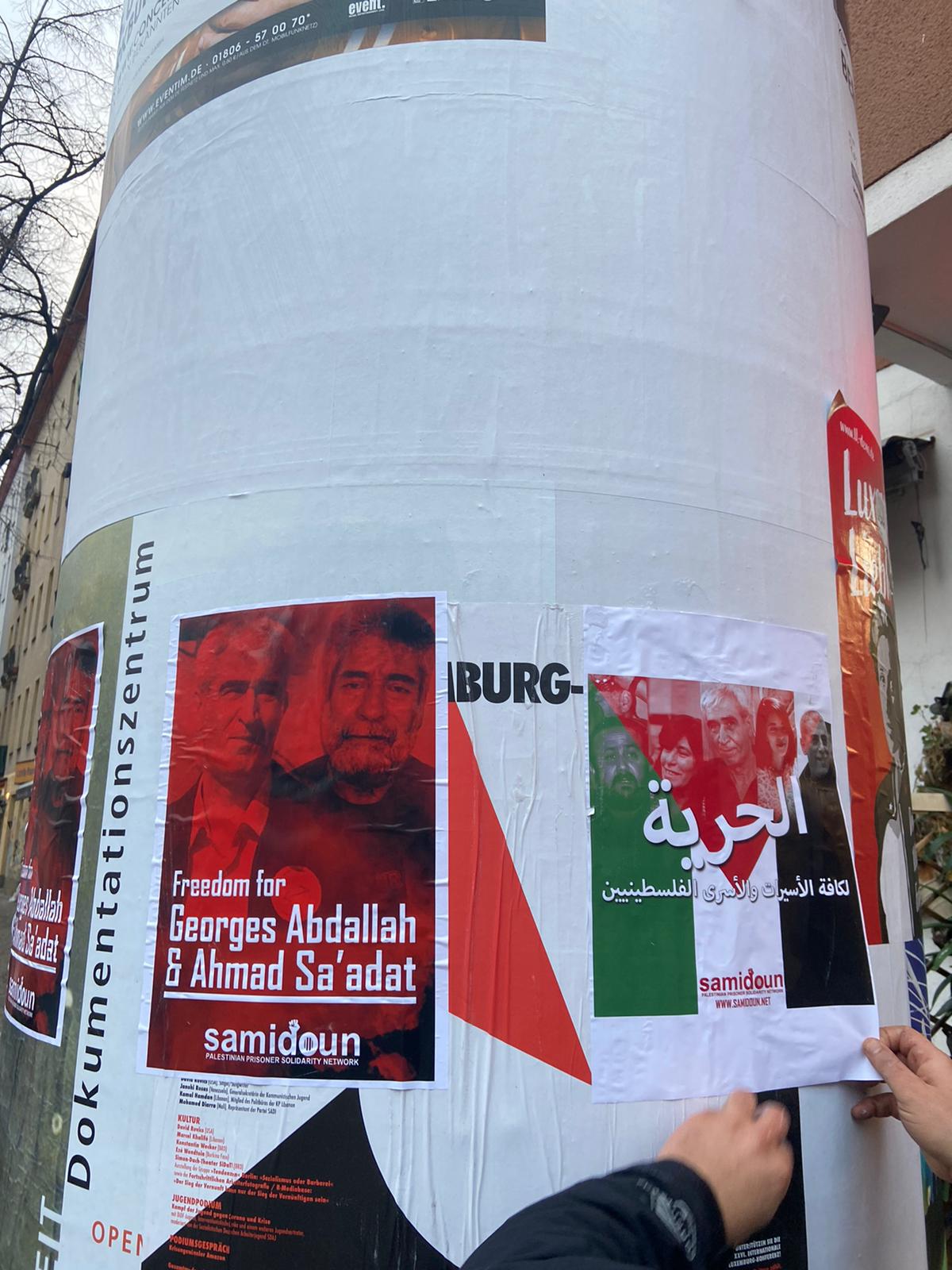
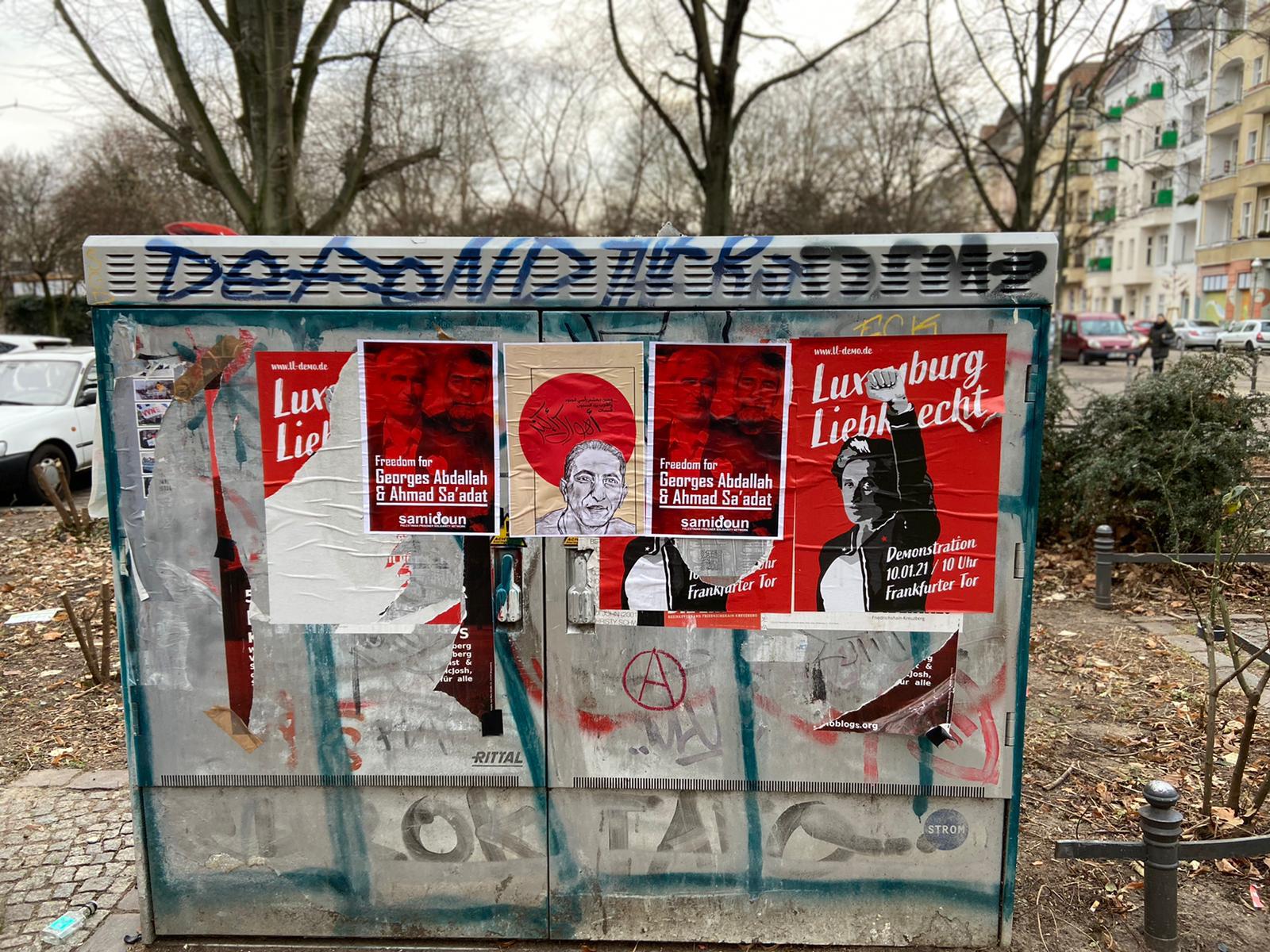
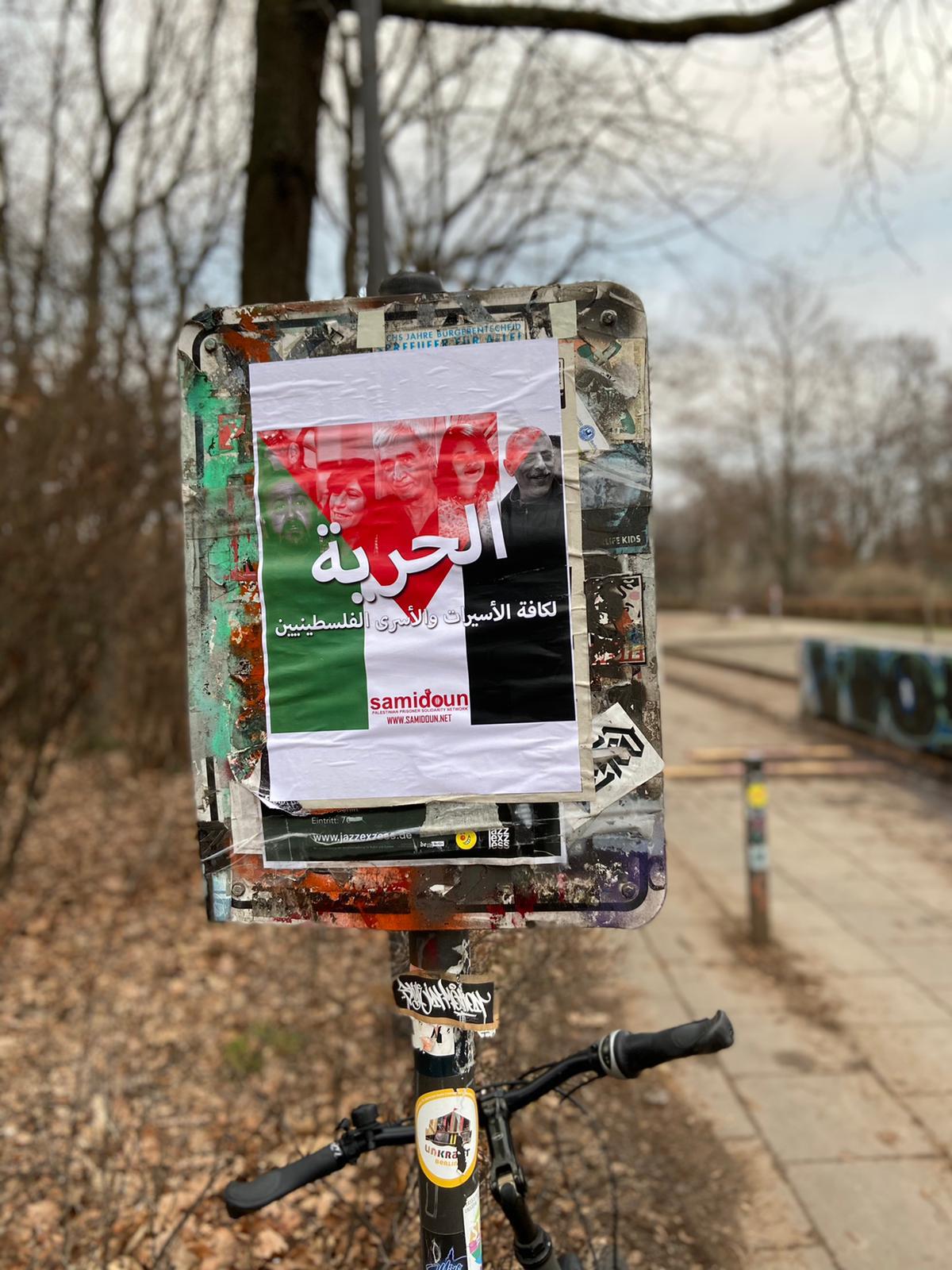
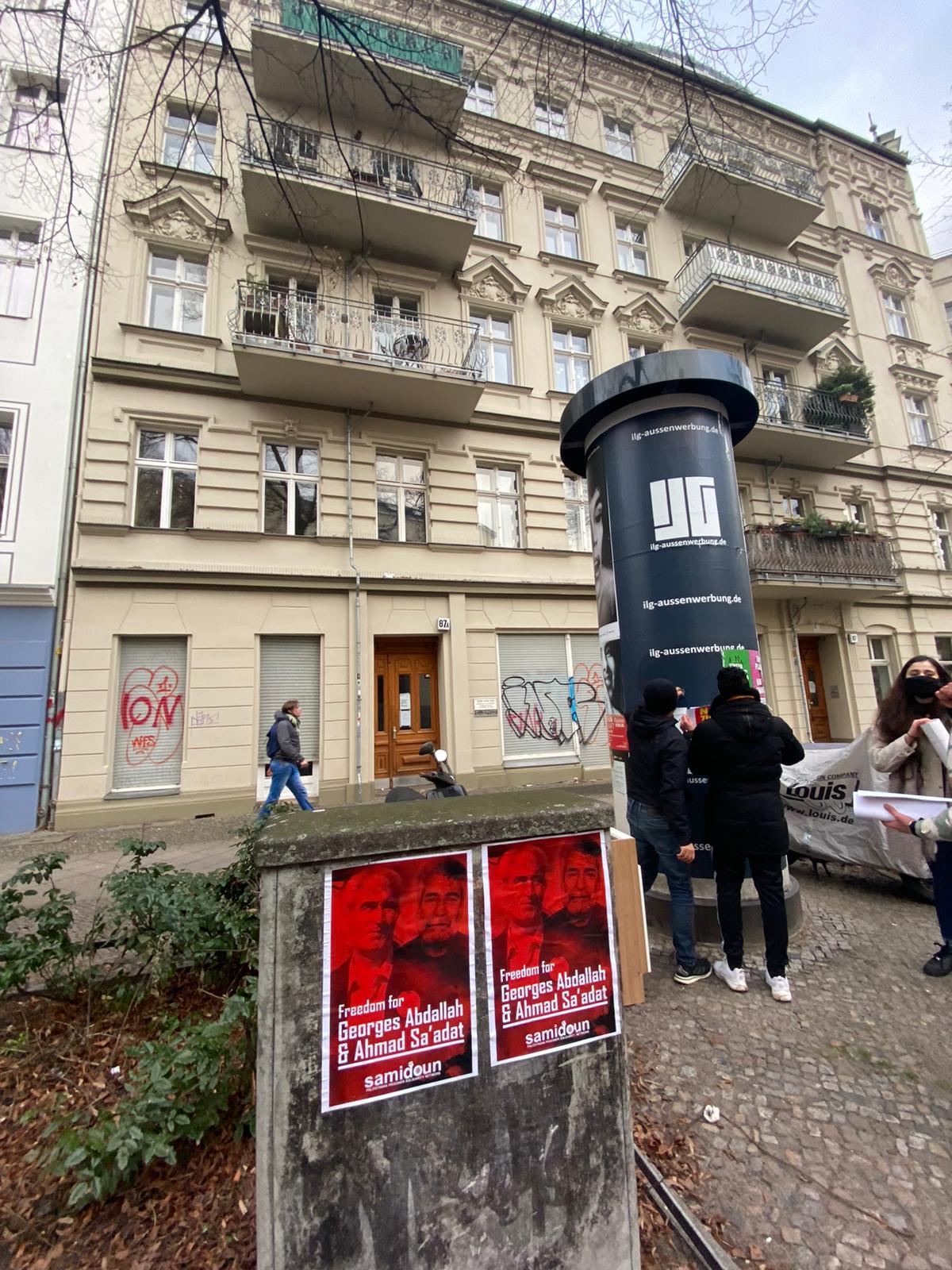
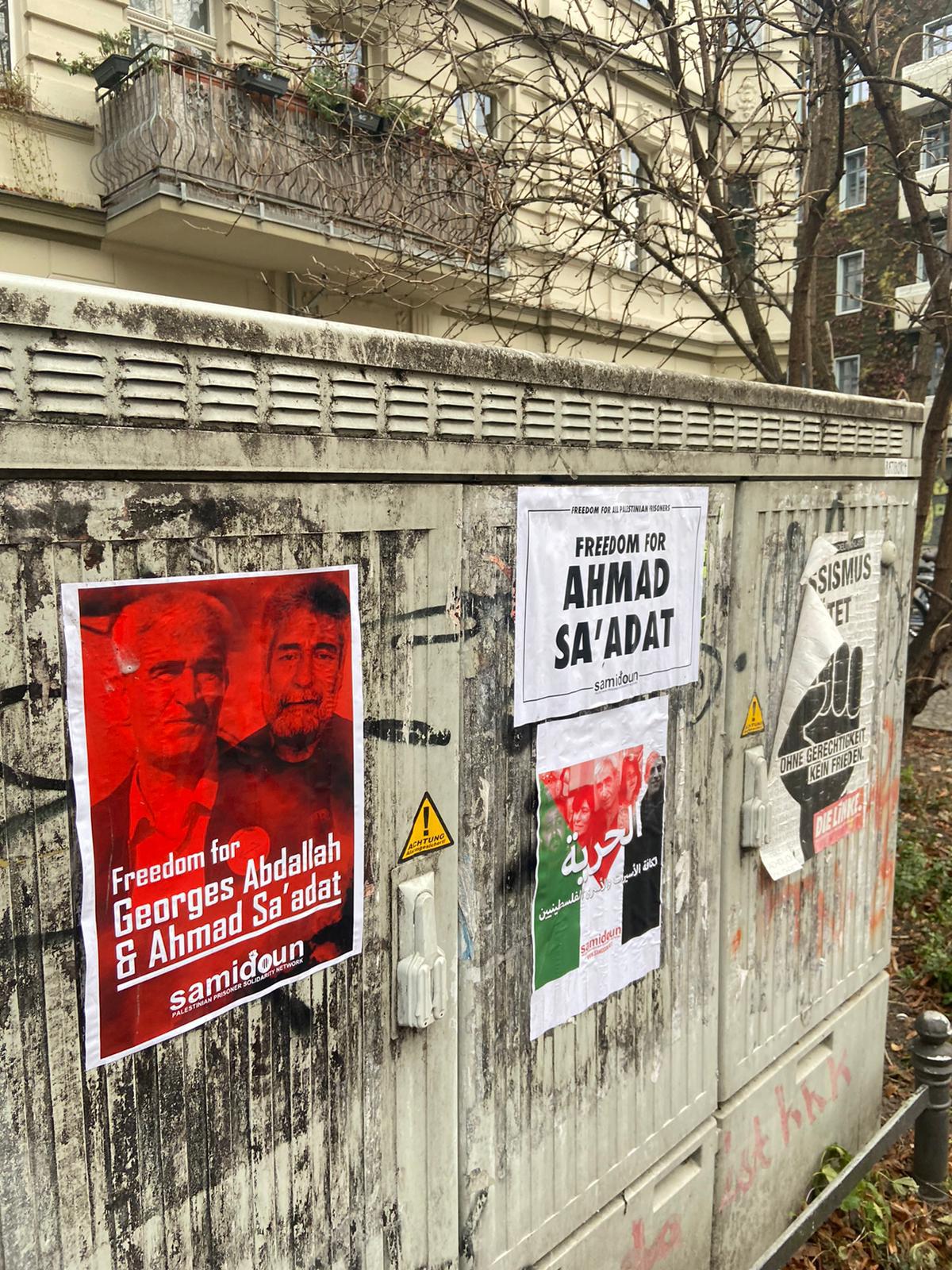
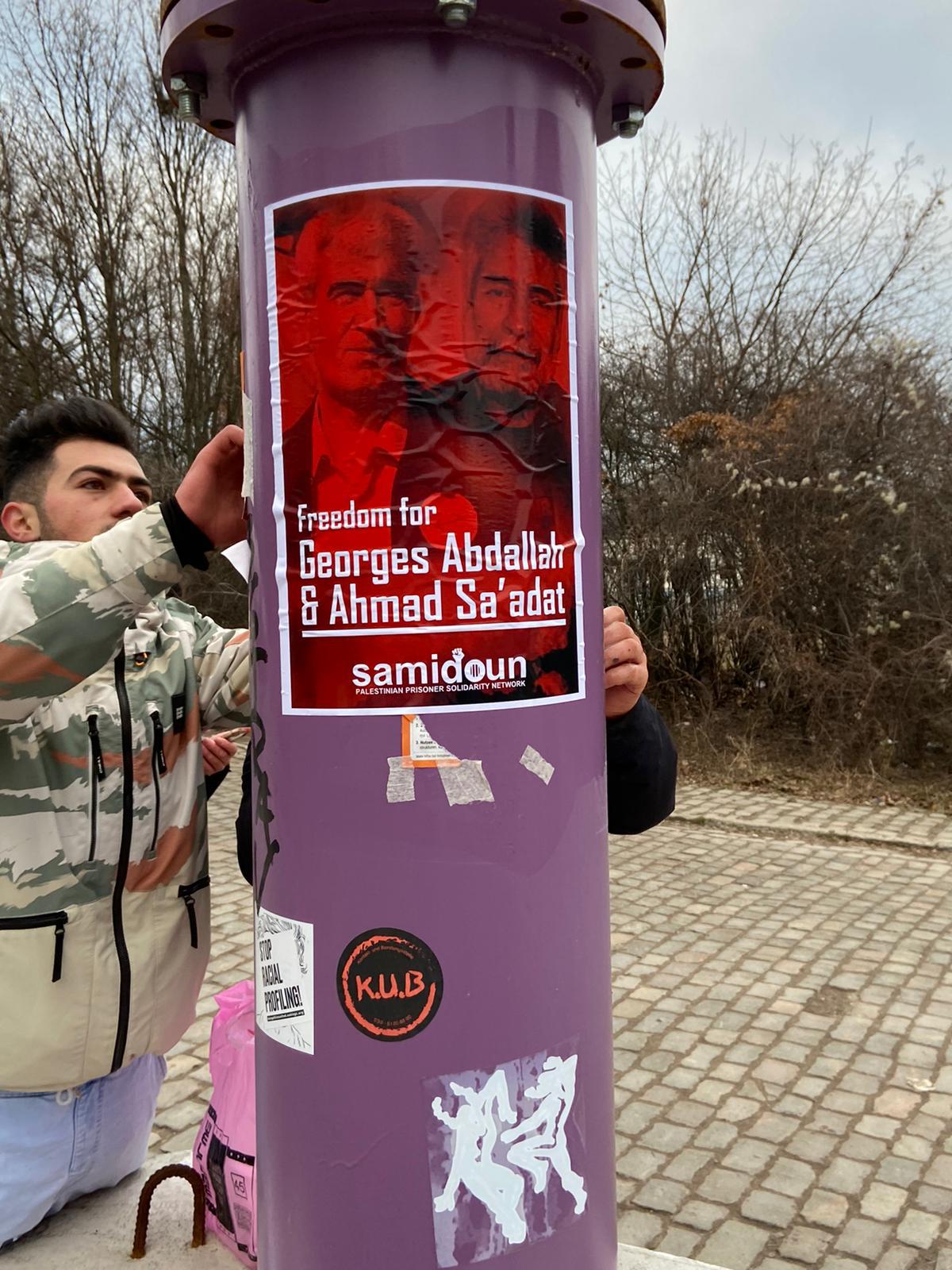
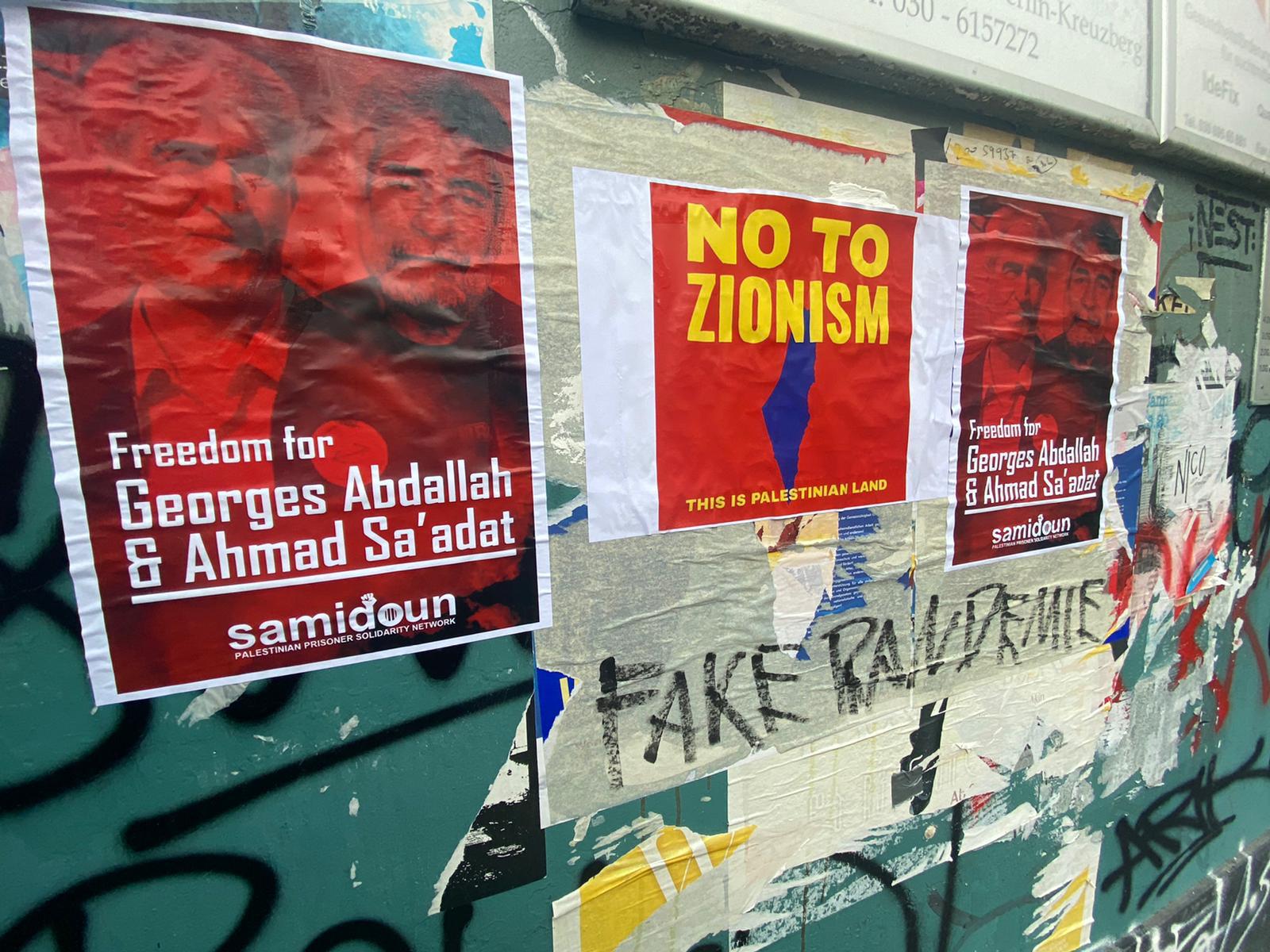
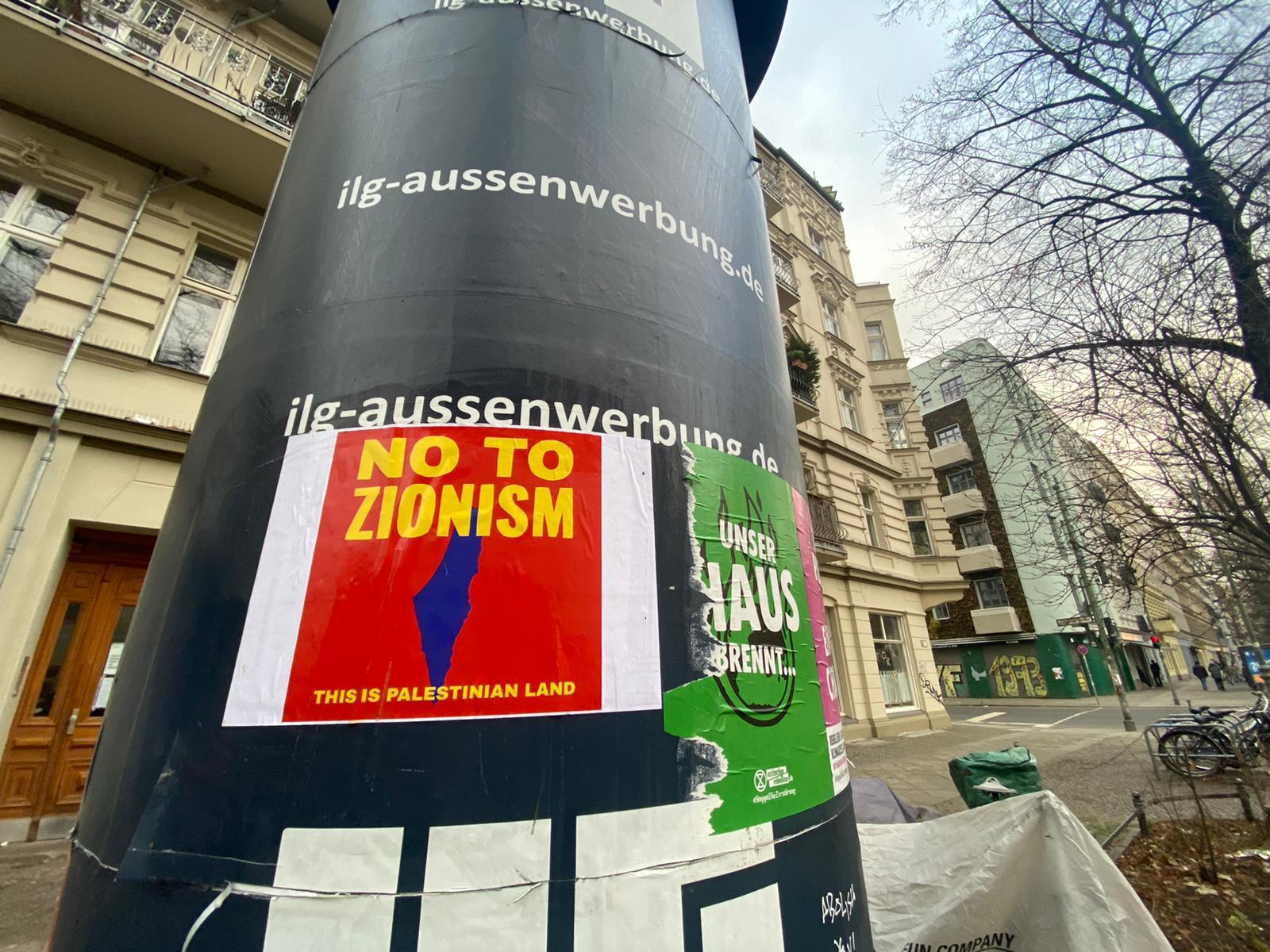
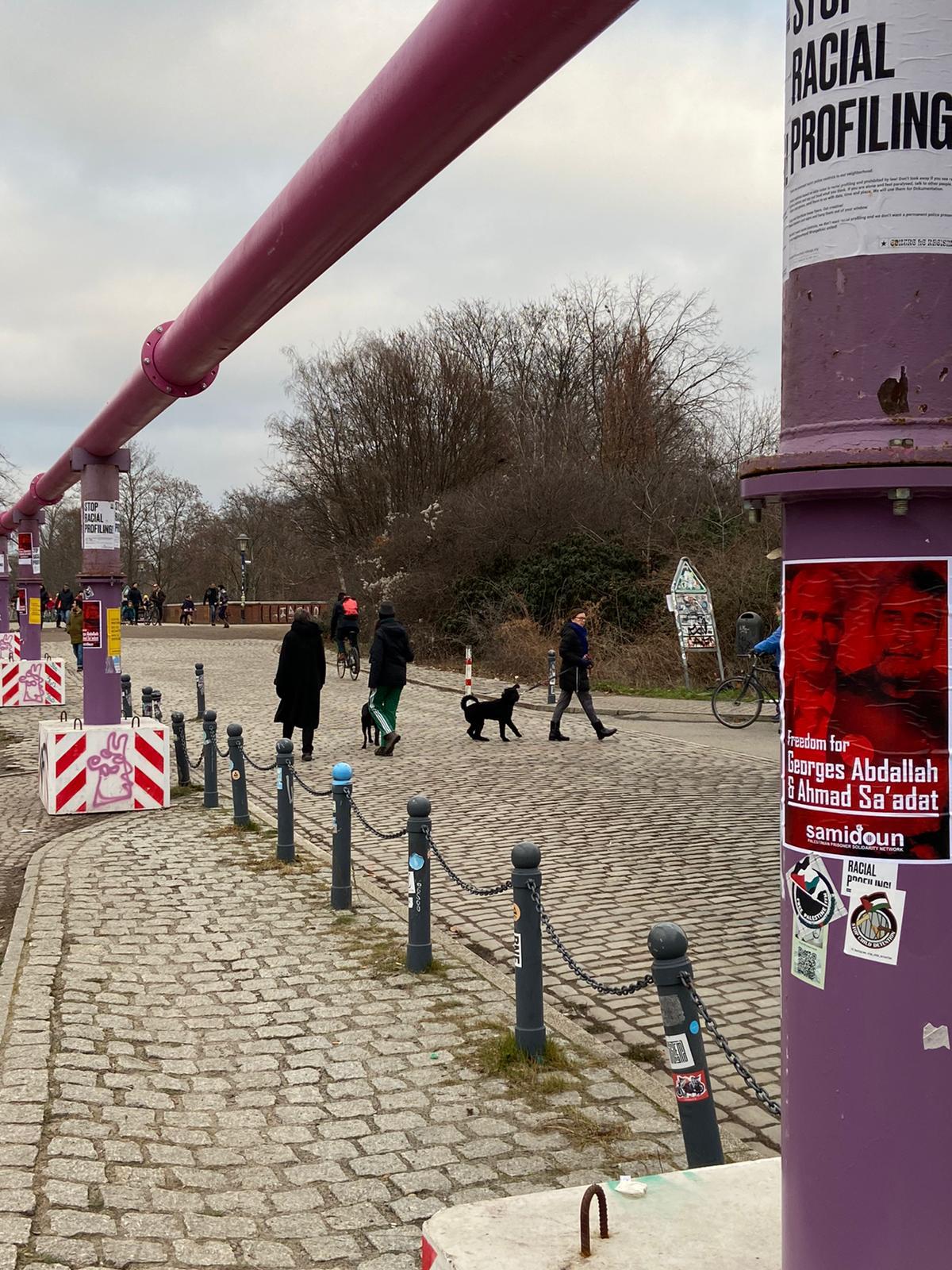
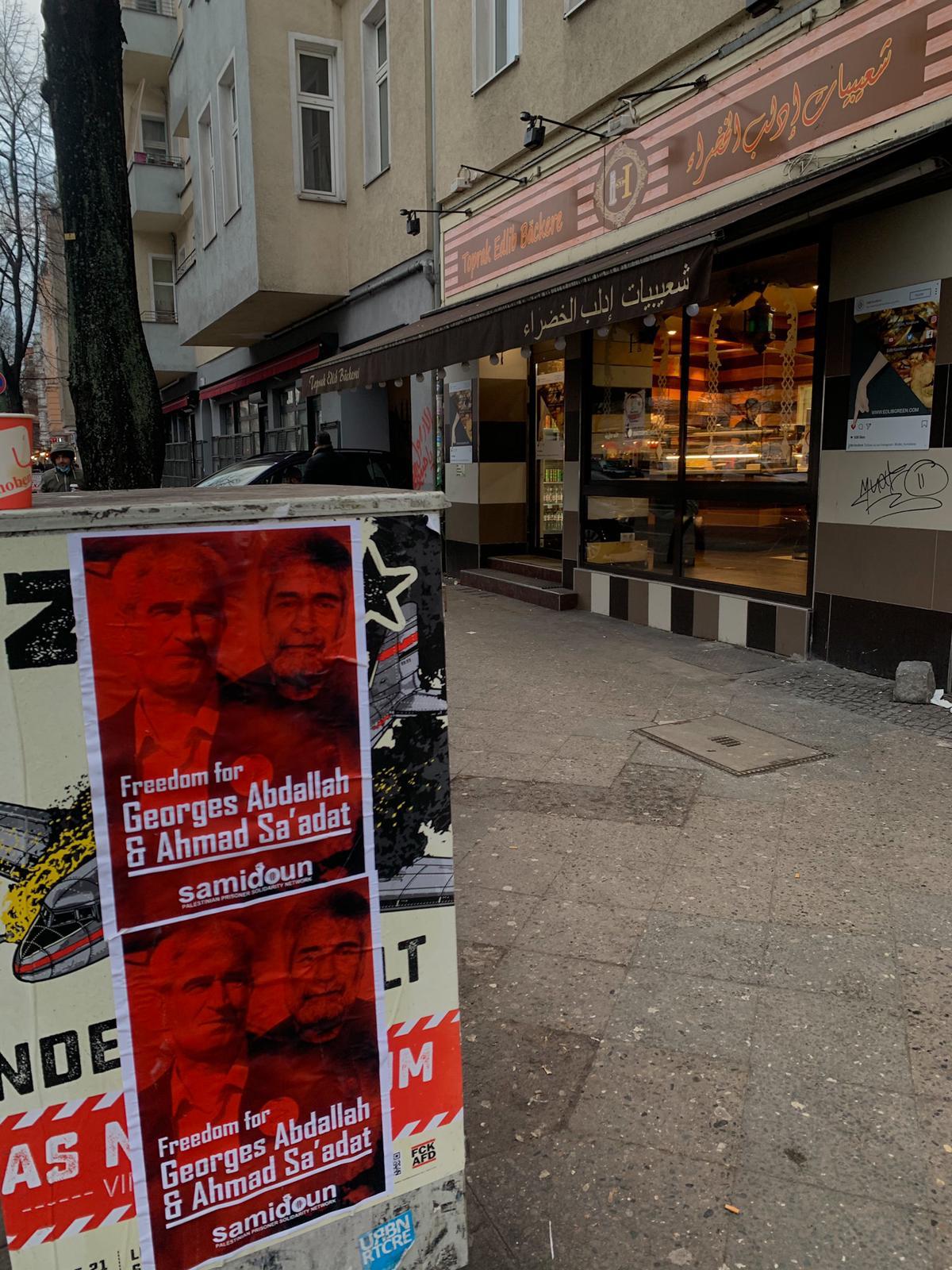
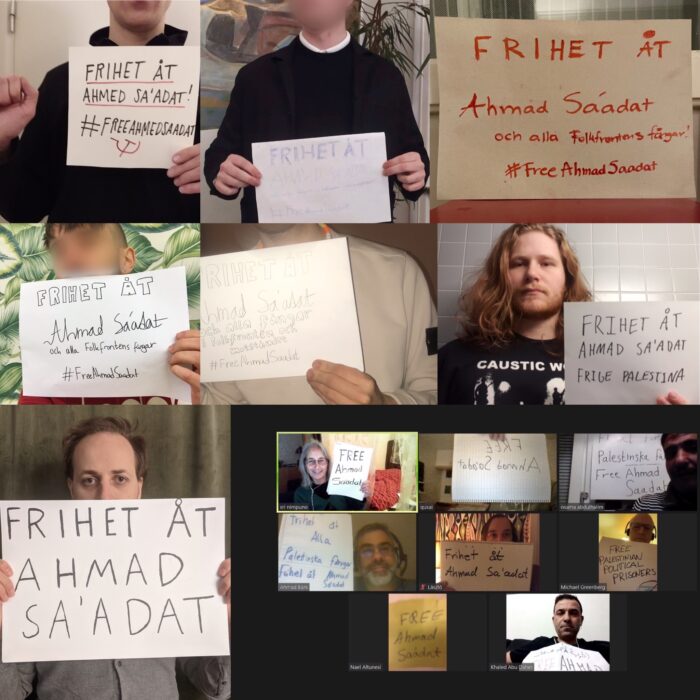
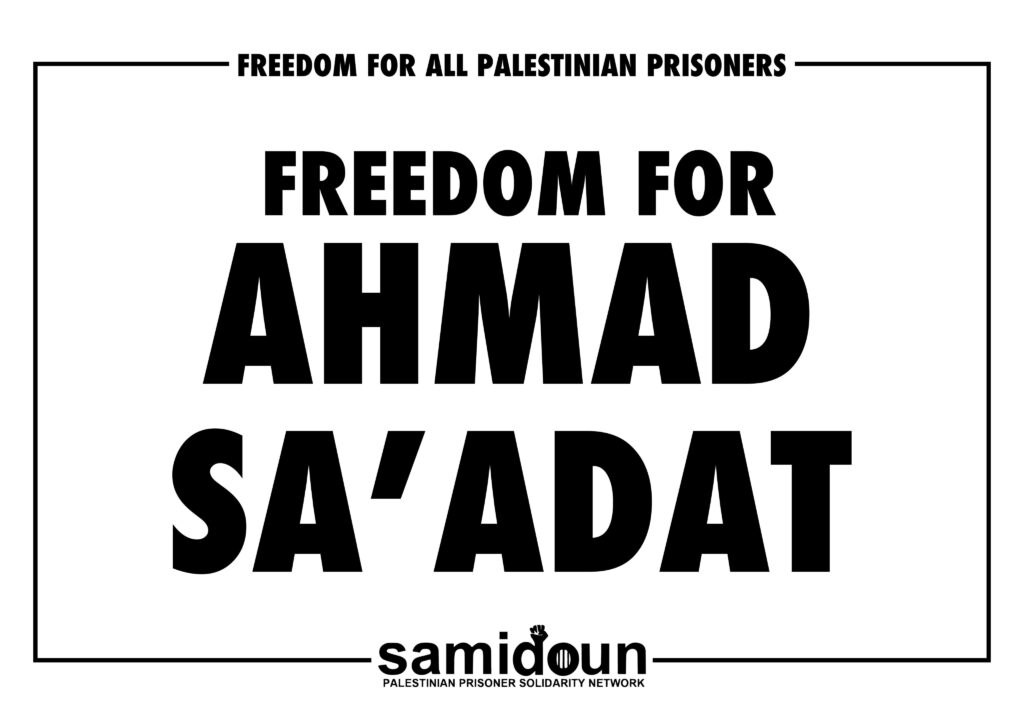 Do you wish to participate in the campaign? Write a sign in support of Ahmad Sa’adat and the Palestinian political prisoners and post it on social media with the hashtag #FreeAhmadSaadat.
Do you wish to participate in the campaign? Write a sign in support of Ahmad Sa’adat and the Palestinian political prisoners and post it on social media with the hashtag #FreeAhmadSaadat.